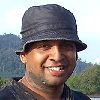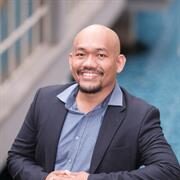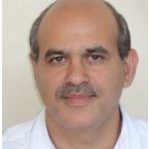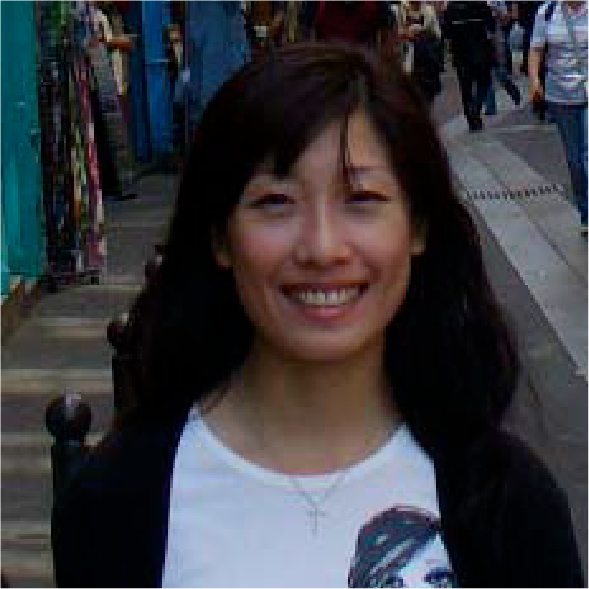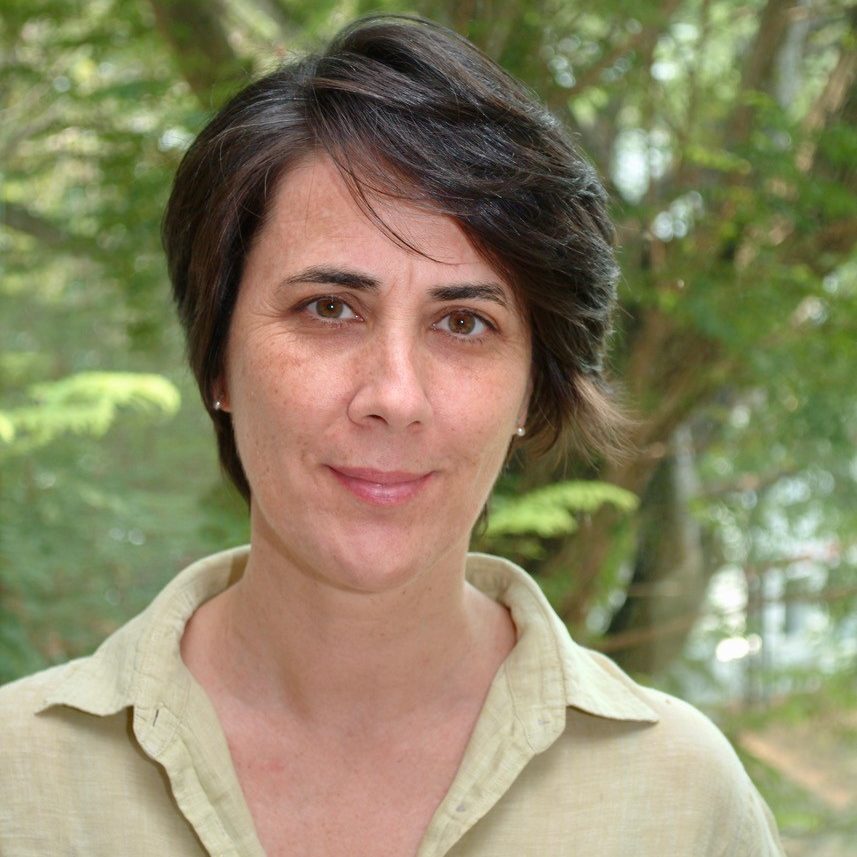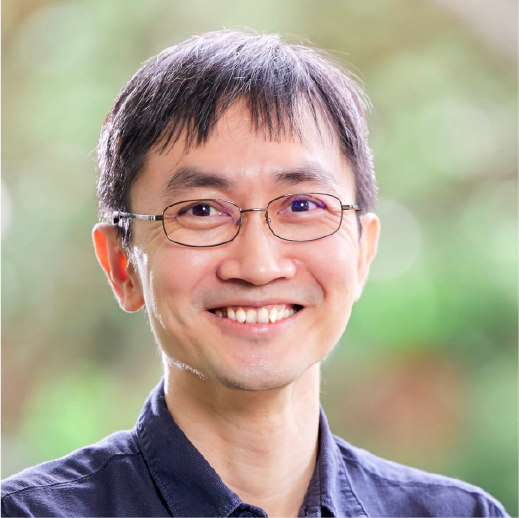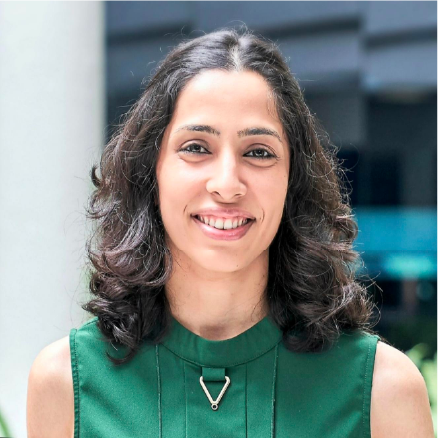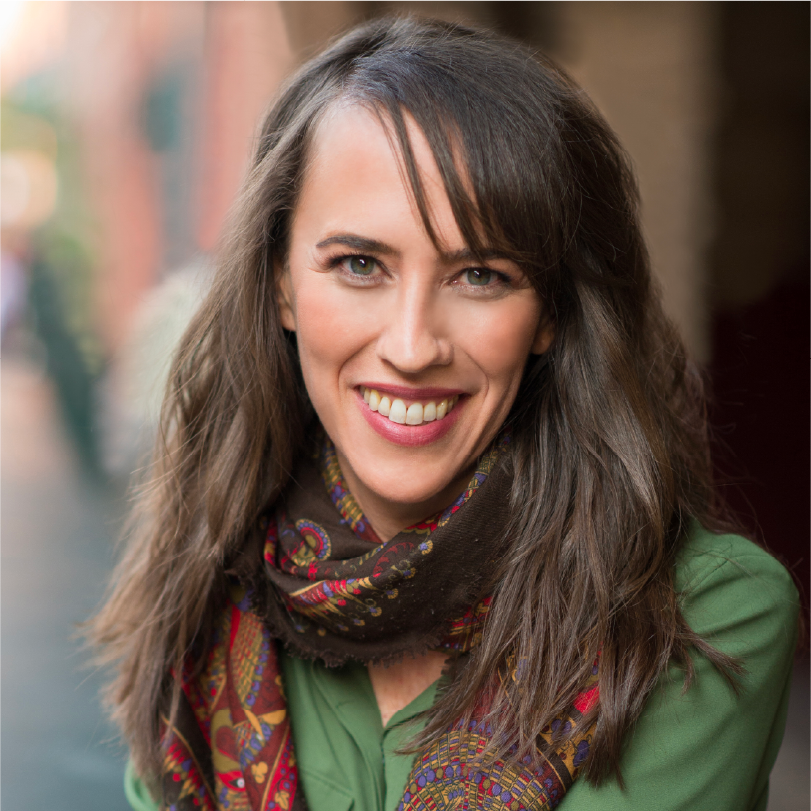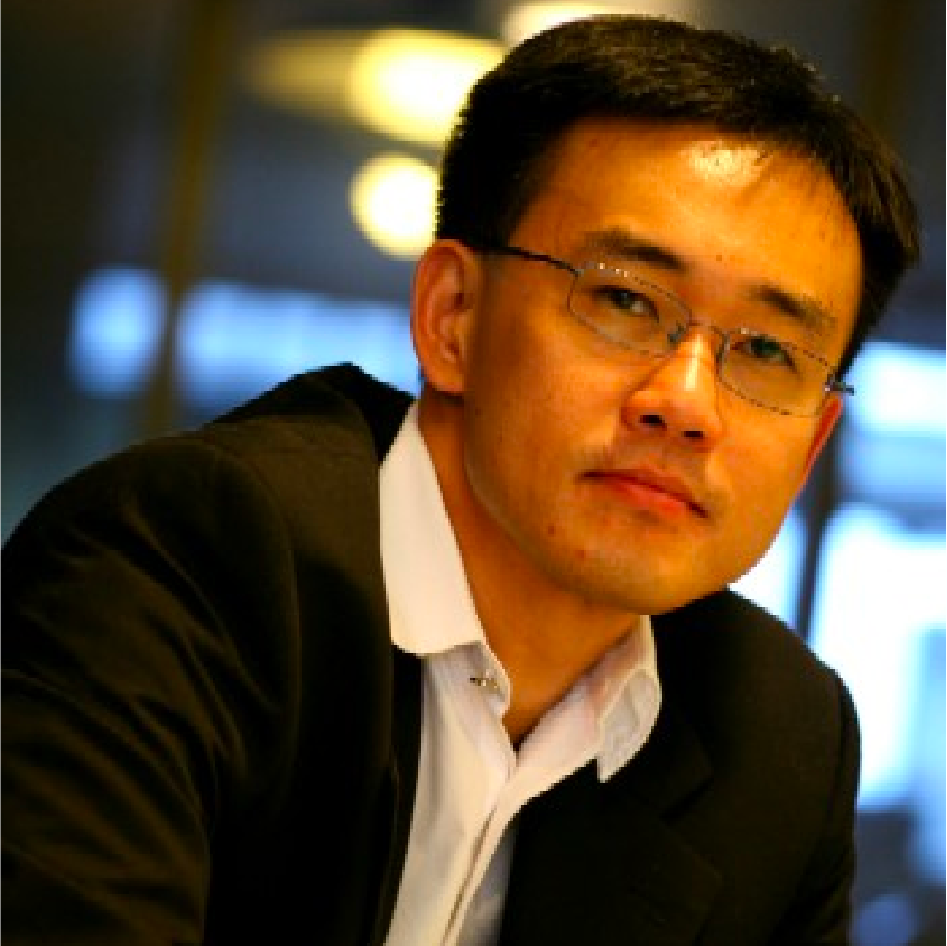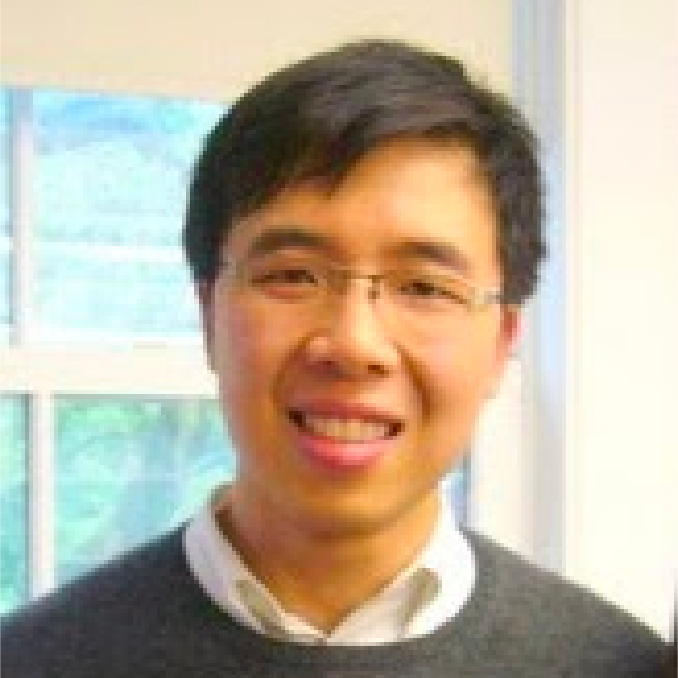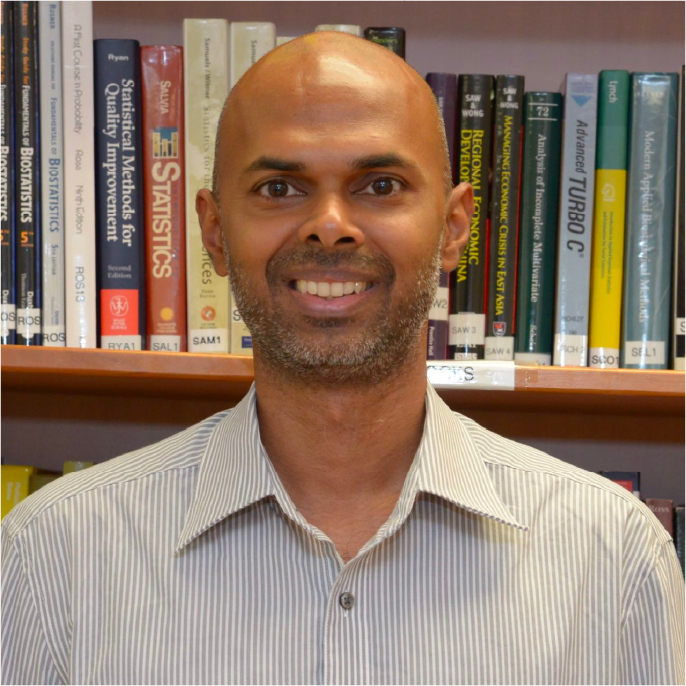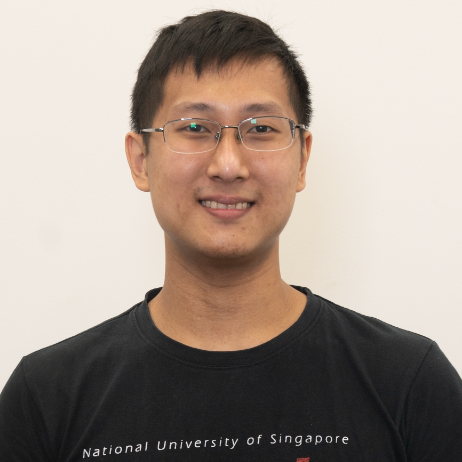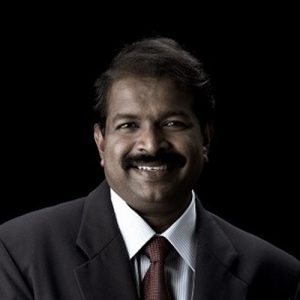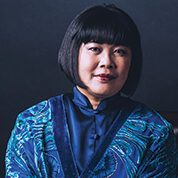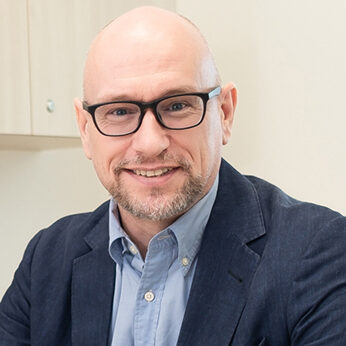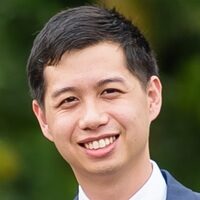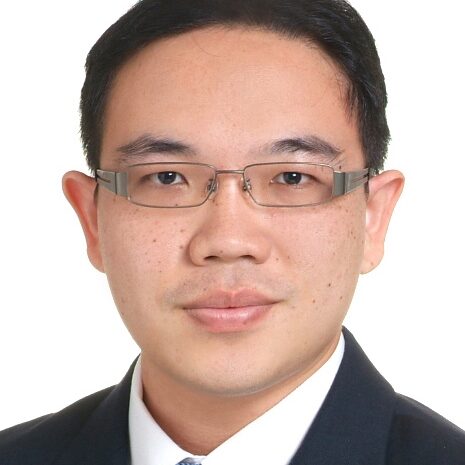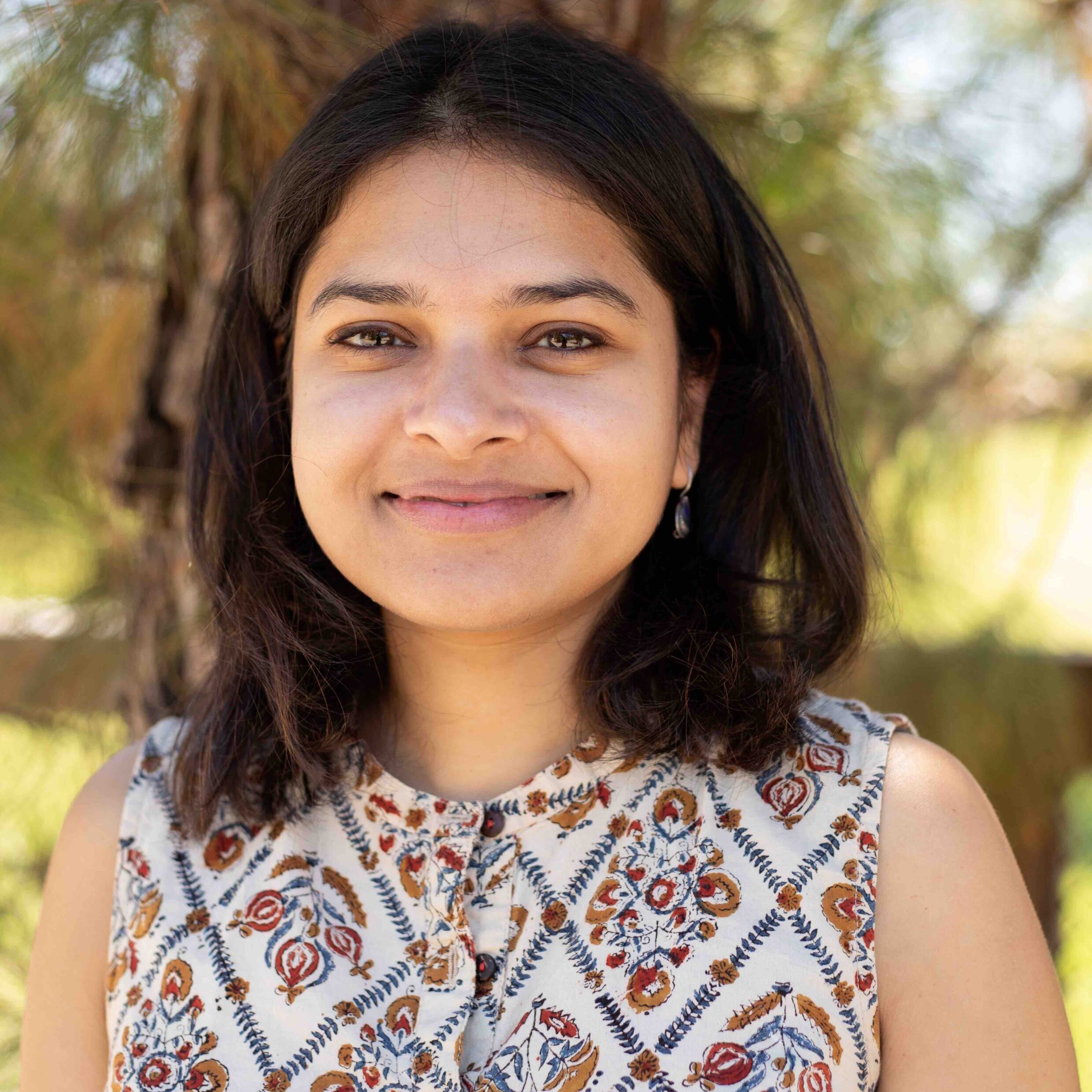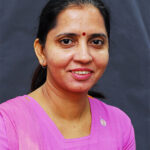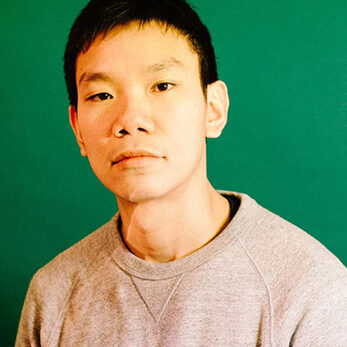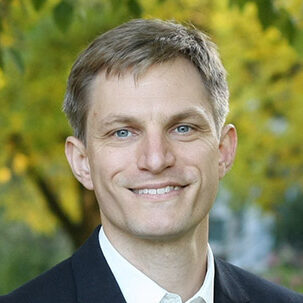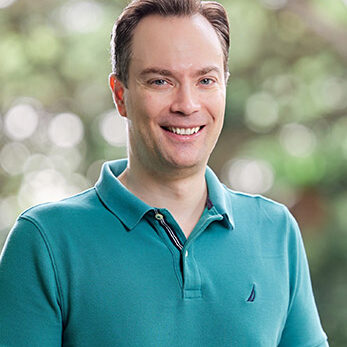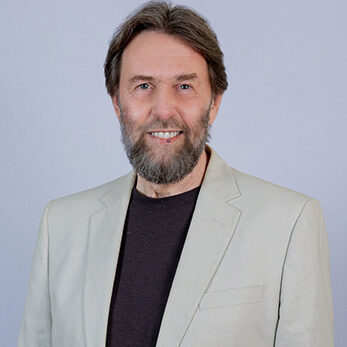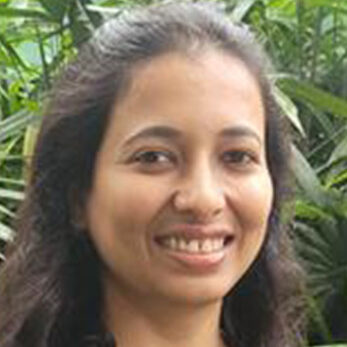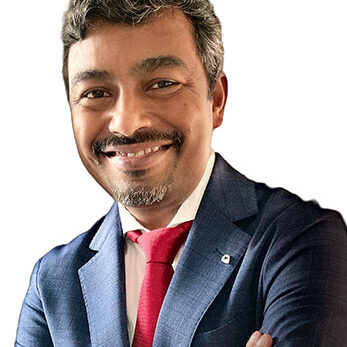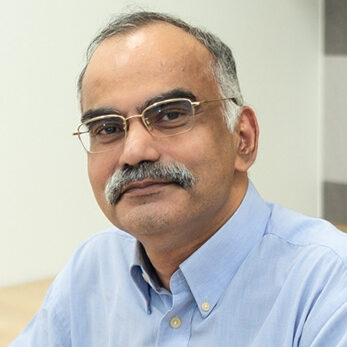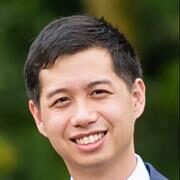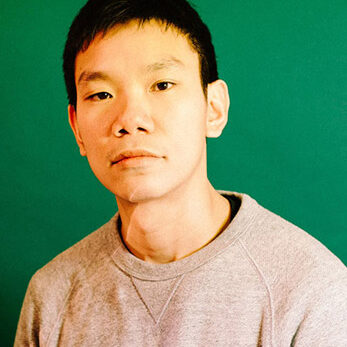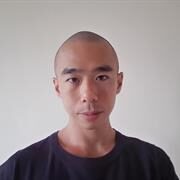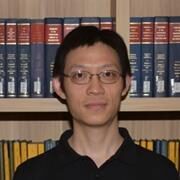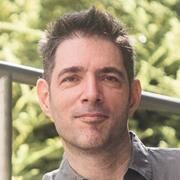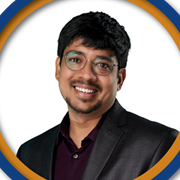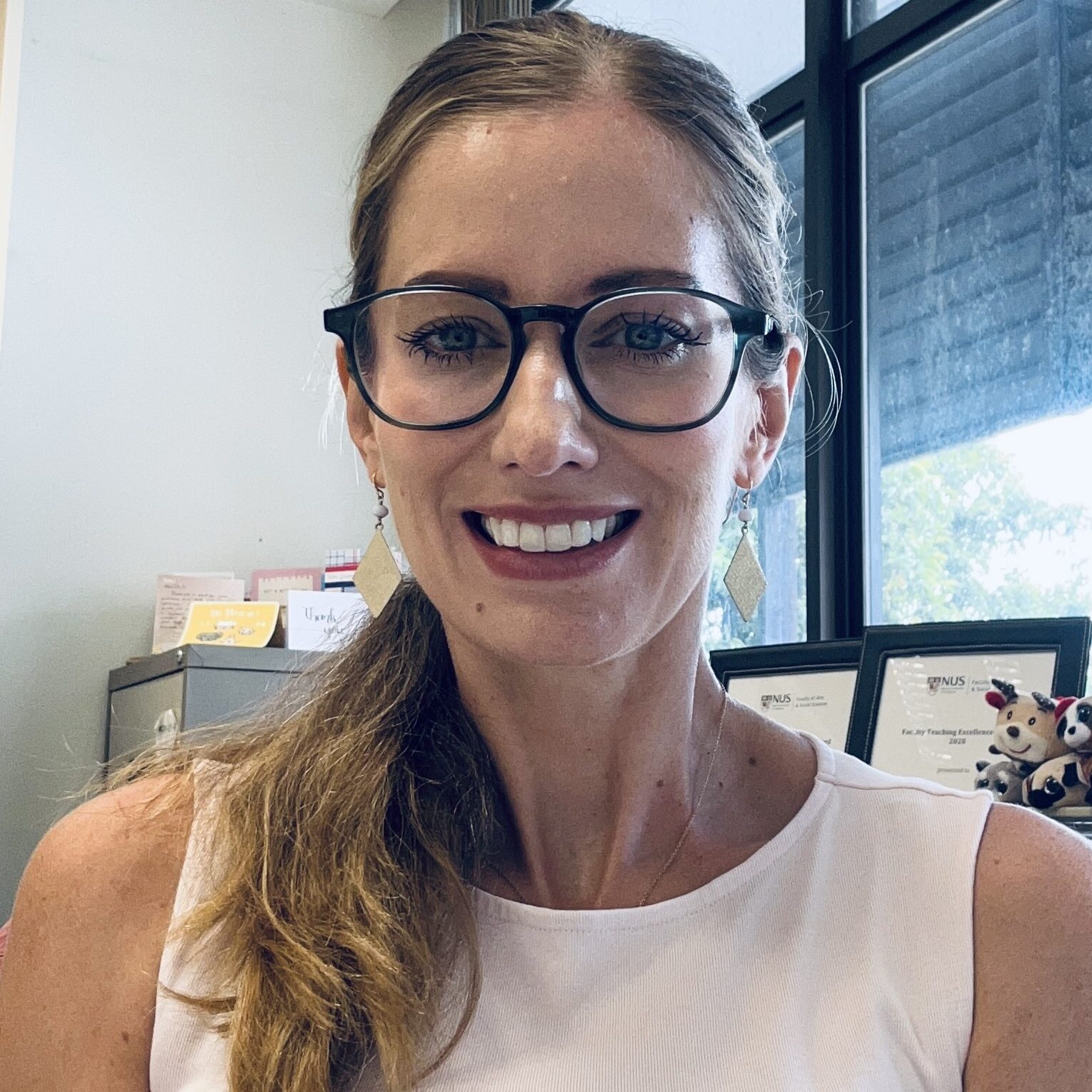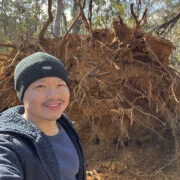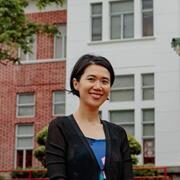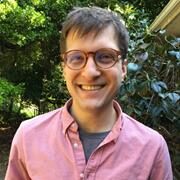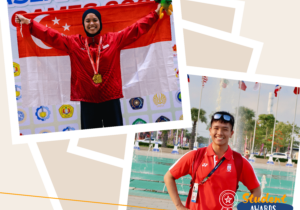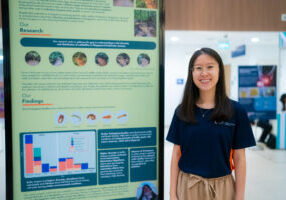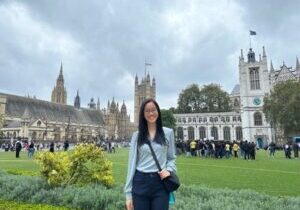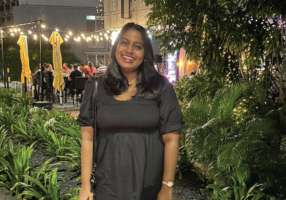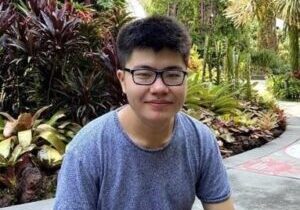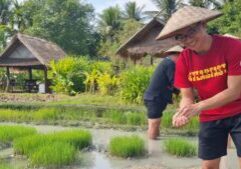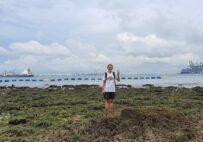
Interdisciplinary Courses I & II
To fulfil the Core Curriculum Requirement, CHS students must read 2 Interdisciplinary Courses from this basket.
Non-NUS College (NUSC) CHS students may choose to count either two HS29XX courses, or one NUSC course AND one HS29XX course towards their requirements for the CHS Interdisciplinary pillars. As such, students must read at least one HS29XX course.
Please note that not all of the courses will be offered every semester.
Play is often seen as not serious, separate from the real world, and serving no purpose. However, play is essential for our cognitive, emotional and social development, creativity, and interaction with the world. Play is also something that animals, not just humans, engage in. Starting from the perspective of play as free movement within constraints, students will explore the concept of play across disciplines, in both theory and practice, so as to appreciate its central role in our lives. This can involve field observation of animal play, lab work using play as a mode of enquiry, and role-playing for problem-solving.

Sports offer an important arena for the study of bodies and bodies in their various forms (e.g. bodies that do or govern sports) are also vital sites for studying sports. This course blends cultural and scientific perspectives to encourage diverse interests and multiple approaches toward sporting bodies. We will discuss a variety of issues including elite, college, and everyday sports and mental and physical health; sport industry and race, ethnicity, nation-state, and globalization; sports media, culture, and the embodiment of genders and sexualities; doping, substance (ab)use, and “sex-testing” in sport; disability, digital technologies, and sport inclusion and exclusion.

On the road to a low carbon future is the electrification of transport. This course will examine the renaissance of Battery Electric Vehicles (EVs) worldwide via an interdisciplinary approach, incorporating the physics and chemistry of batteries into the environmental, economic, geopolitical and policy consideration of EVs. EV start-ups, breaking news and government initiatives will be highlighted to provide real-world context. Students taking this course will develop a macro picture of the EV landscape and the clean energy sector in general by understanding the key perspectives of different stakeholders.

Why do we eat what we eat? To answer this complex question, this course takes a meal consumed around the world – the burger – and examines its component foods from multiple perspectives: from culture and history and political economy to technology, engineering, nutrition, and microbiology. As part of the course, students will be introduced to systems thinking and different methods for “making thinking visible” that facilitate understanding complex issues and producing interdisciplinary solutions to real-world problems. The result may shape not only your next meal but also the future of our planet.
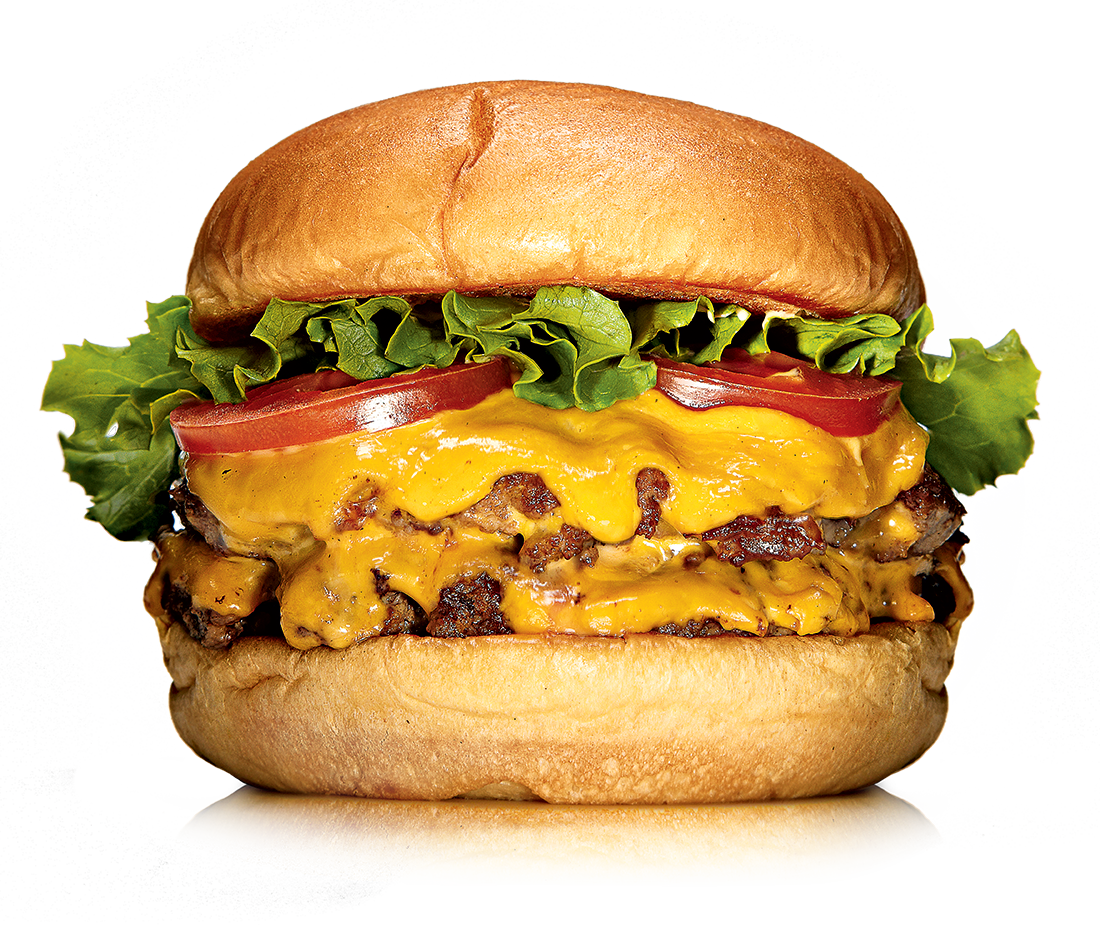
Why is the sea so important to us? Human engagements with the maritime world are introduced through three themes ‘Exploration, Extraction and Expression’. By integrating humanities and scientific approaches, this course examines the drivers of human pursuit for knowledge, resources, and inspiration from the vast oceans of the world. The consequences of these interactions are monumental, creating multiple fundamental shifts in collective knowledge yet also presenting challenges through unsustainable acquisition of ocean resources. These challenges are framed in historical, socio-economic and regional contexts to facilitate authentic discourse on emerging solutions that mitigate anthropogenic impacts to ocean ecosystems.
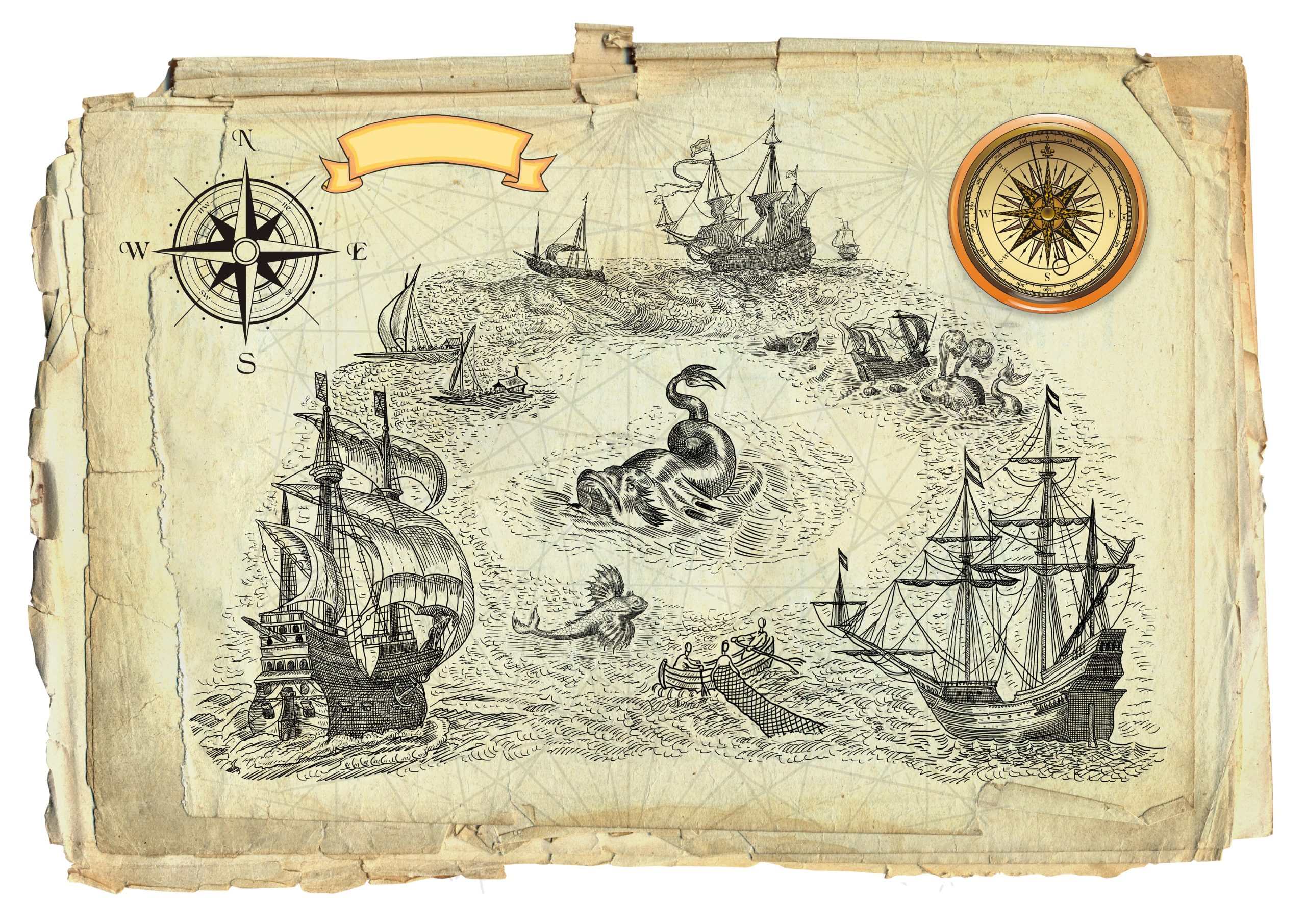
This course introduces earth and planetary science in an integrated manner through the intersection of physical geography and astronomy, providing students with an understanding of Earth as a planet, alien worlds, universal processes and life beyond Earth. In particular, students will develop an understanding of processes common to planets, with a view to understand the potential future human exploration and colonization of the solar system. This course will also highlight the key concepts shaping planetary system science and how discoveries from different fields are changing the interdisciplinary knowledge relevant to earth and planetary science.
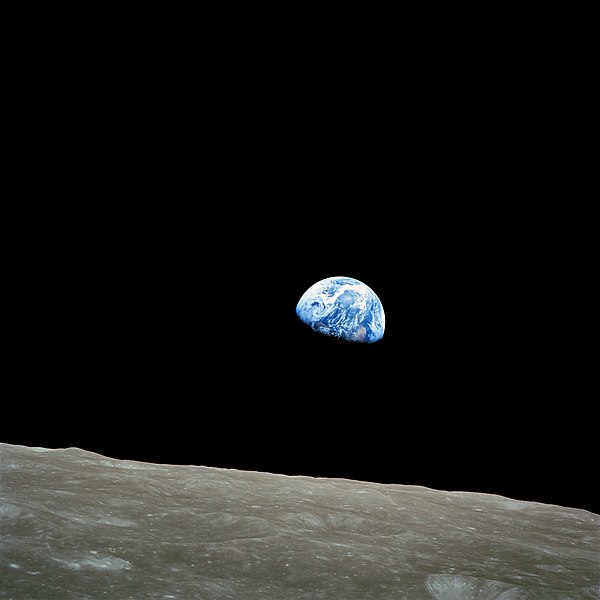
What is the role of biology and culture in explaining morphological and behavioural differences between the sexes? Why is there a different representation of females and males in different professions? To what extent is this driven by innate preferences versus culture and society? In this course, we consider issues of sex and gender in an interdisciplinary context, as we explore how two sexes with different morphologies and behaviours evolved in our species; what genetic and developmental mechanisms lead to female and male development; and how culture and societies have contributed to either accentuate or reduce the differences between the sexes.

The rise of modern China has profound implications for today’s world. We examine this phenomenon by integrating frameworks and perspectives from history and political economy. Our approach emphasises the integration of inductive and deductive reasoning in the context of regional analysis, fusing humanities and social sciences in the context of Asian studies. We will read selected works by historians and economists to gain a grounded understanding of issues revolving around the origins and nature of the Chinese state, China’s historical rise, fall in the previous two centuries and its recent comeback as a contemporary contender for global dominance.
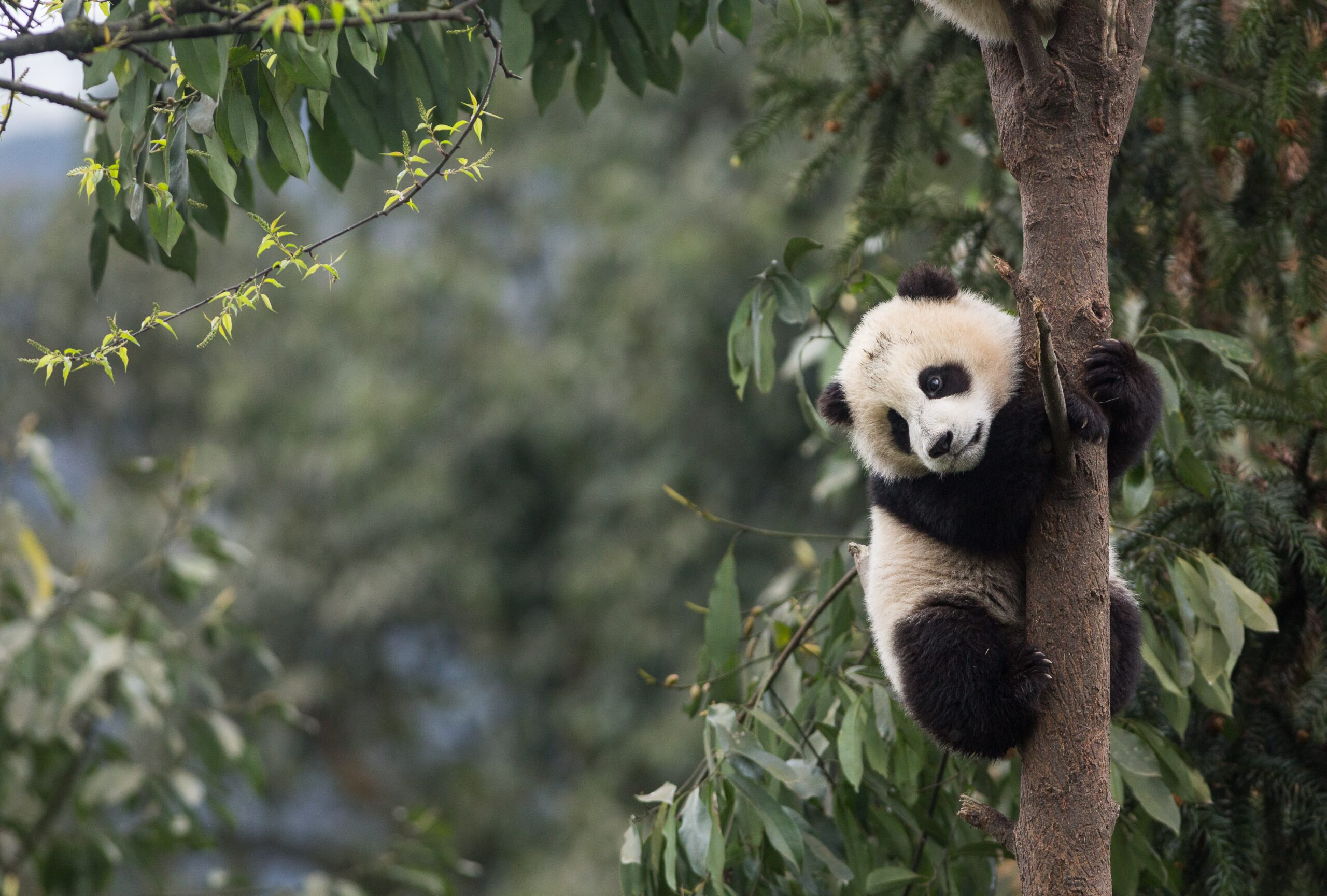
Social media is attributed as an emerging cause of depression and anxiety, but the story may not be that simple. This course introduces students to the connection between social media and mental health from multiple perspectives: computer-mediated communication, clinical psychiatry and socio-cultural studies. Students will learn how social interactions on social media impact mental health, both positively and negatively. The course will introduce state-of-the-art methods for the ethical and privacy-preserving collection and analysis of social media data. Students will receive interdisciplinary training to deconstruct and critically analyse the nuanced impact of social media on mental health in real-world scenarios.

Why are so many successful scientists also artists? Why are so many artists obsessed with science? Can the skills of polymath geniuses like Leonardo da Vinci be learned? This course explores the history, skills and capacities of problem-solvers and innovators who reject disciplinary borders and work across both science and art. By engaging with the work of famous and everyday art-science polymaths across time and place, students will engage in, and interrogate both scientific and artistic practices to cultivate a toolbox of strategies and aptitudes for crossing disciplines, seeing the bigger picture, solving complex problems and innovating in a dynamic world.
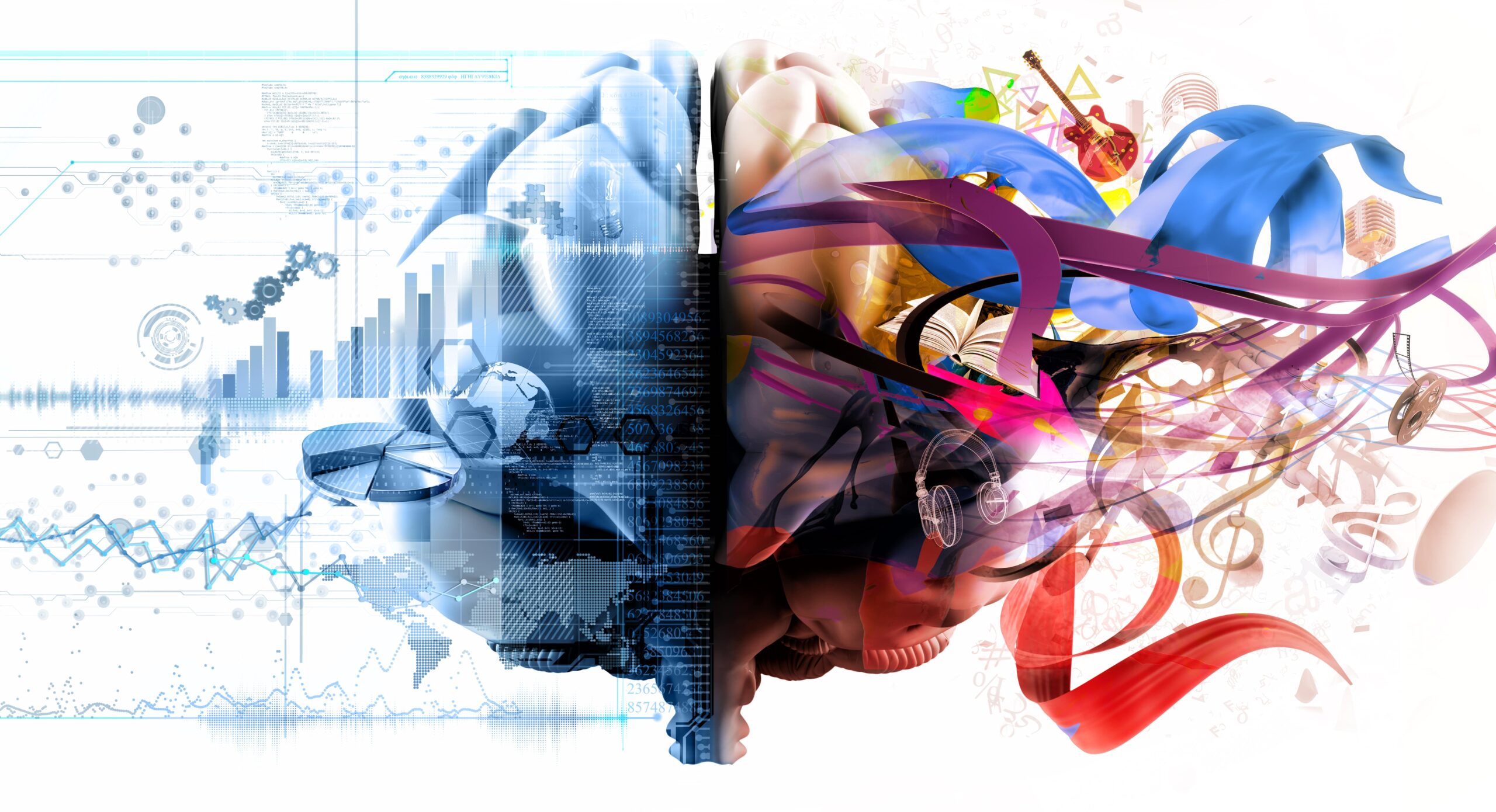
How can we learn about people’s experiences, ethically represent their lives, and communicate their stories to an audience? What is the affective power of live performance? How can these performances inform the public’s understanding of pressing social issues? This course explores these questions by integrating approaches from anthropology and theatre studies. Students apply the ideas learnt into practice by collaborating in groups to create a performance piece based on their original research. In the process, they will hone their ability to employ qualitative research methods, craft compelling narratives and communicate complex ideas.
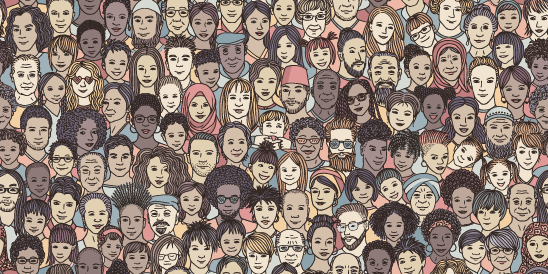
Language is one of the basic defining characteristics of what it is to be human, although recent advances seem to have helped computers master at least some aspects of human language. But how does human language work and do machines handle it the same way as humans do? This course is an overview, for non-specialists, of rule-based and statistical approaches that have proven to be very effective at modelling various aspects of human language, used whether by humans or by computers. The course will also provide students with a greater appreciation of the strengths and limitations of these two approaches.
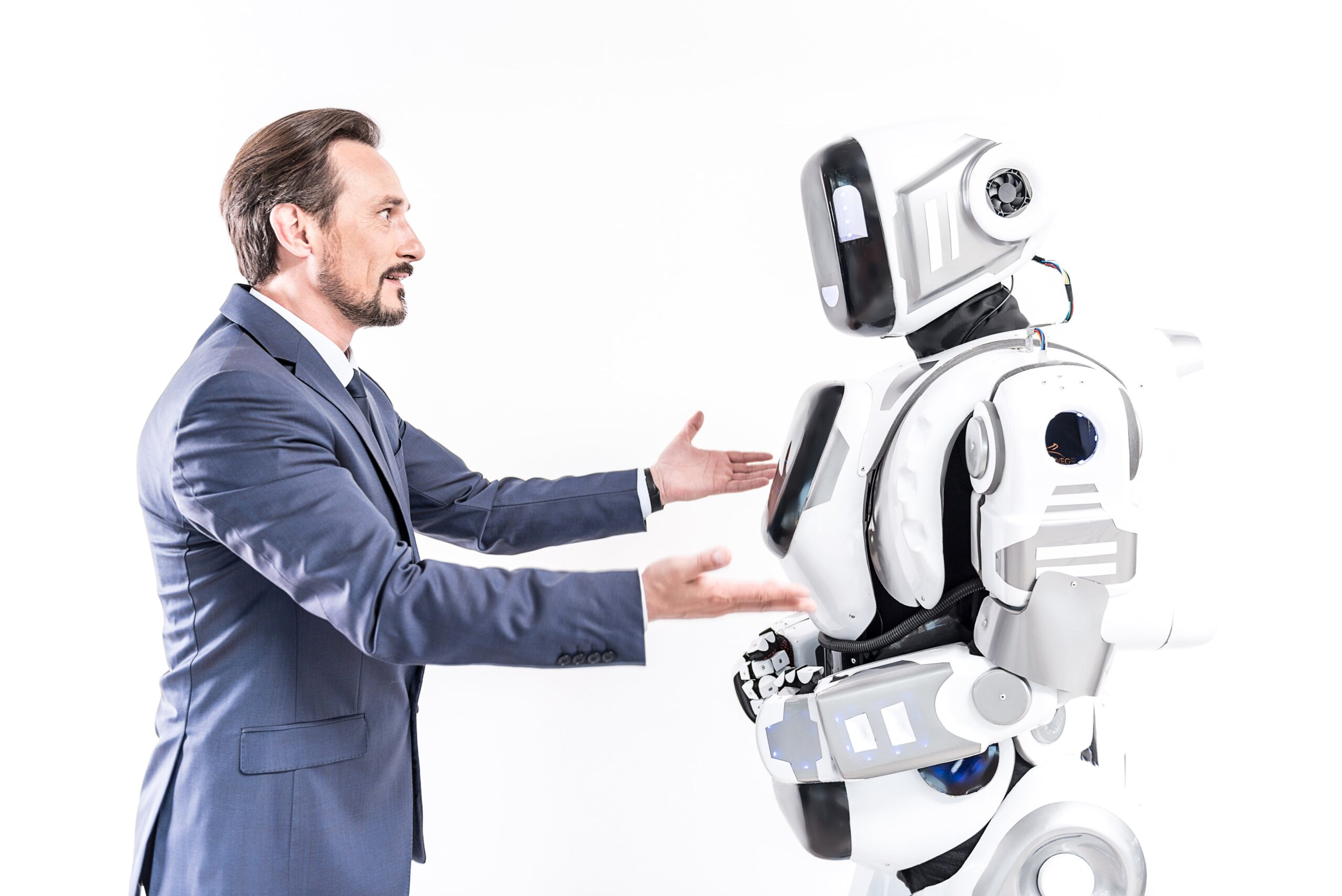
For good or evil or something beyond, drugs have pervaded society in every aspect. The economy, warfare, psychology, healthcare, and religion are a few such aspects. This course explores the interconnected web that drugs weave across society, examining how they influence people on a pharmacological and social level. We will critically assess the various ways that drugs have been used and abused, societal management of drugs throughout history, and going forward, how we can sustainably co-exist with drugs.
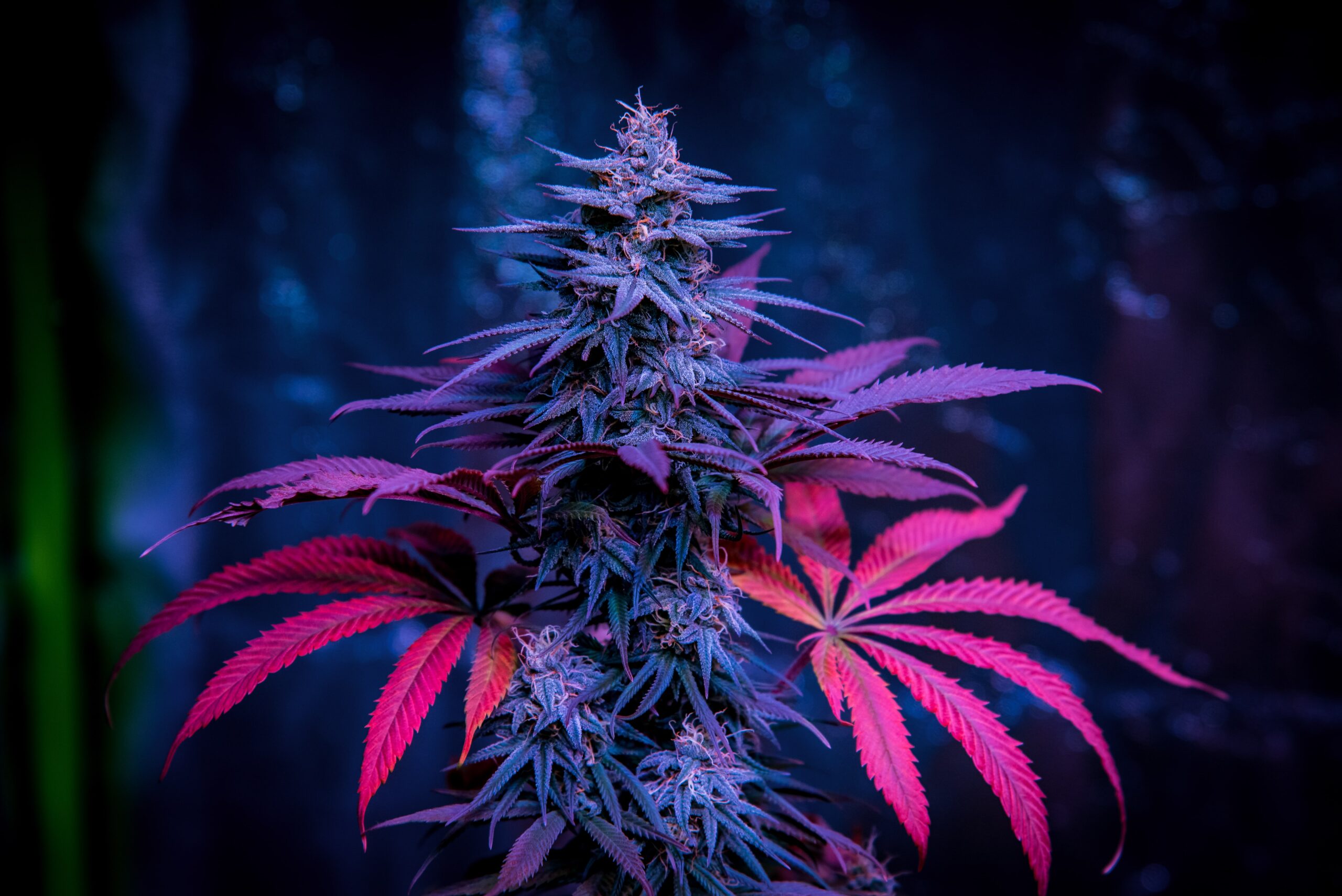
This course will critically examine the dynamics surrounding domestic violence through the use of case studies. Through an interdisciplinary approach, students will delve into the ecological, psychological, sociological, biological and legal factors, with a view to conceptualise and evaluate intervention strategies for supporting victims and breaking the cycle of abuse. Students will also gain a deeper understanding of the impact of domestic violence on the individual, family, community and society. This course critically examines the role of forensic practices and the criminal justice system in responding to and preventing the problems of intimate violence.

What is colour? Is this a question for science or a question for the arts? Our species has known colour throughout its evolutionary history. It influences how we interact with the world and gives insights into the very nature of the universe. We communicate in and with colour. In this course, we will ask questions about light and vision, pigments and dyes, the psychological and emotional effects of colour, and about its impact on social and cultural identity. These questions will find answers in science and the arts, but will only find proper meaning when these answers blend.

What is pain? How can we make sense of our anxieties about pain? What does it mean to empathetically relate to someone else who is in pain? How does culture and religion impact the way people experience and make sense of pain?
Medical and philosophical approaches to understanding pain converge as we discuss topics at both the societal and personal levels. The former allows us to clarify our understanding of pain, treatment, management and alleviation. The latter provides us with a toolkit to learn to listen to and to make sense of the complexities of our experiences and decisions surrounding pain.

This course illuminates the interdependent, even contentious roles of culture, the state, modern medicine, science and technology in the management and surveillance of gendered, racialised and sexed bodies. It utilises a feminist and postcolonial perspective to understand the roles of various actors in the control and care of the body. The geographical-cultural focus of this course is Muslim Southeast Asia. In examining the cultural and political aspects of treatment and wellbeing, this course covers a range of topics and case studies, ranging from the biopolitics and necropolitics of populations, to sexuality and race in the management of health and wellbeing.
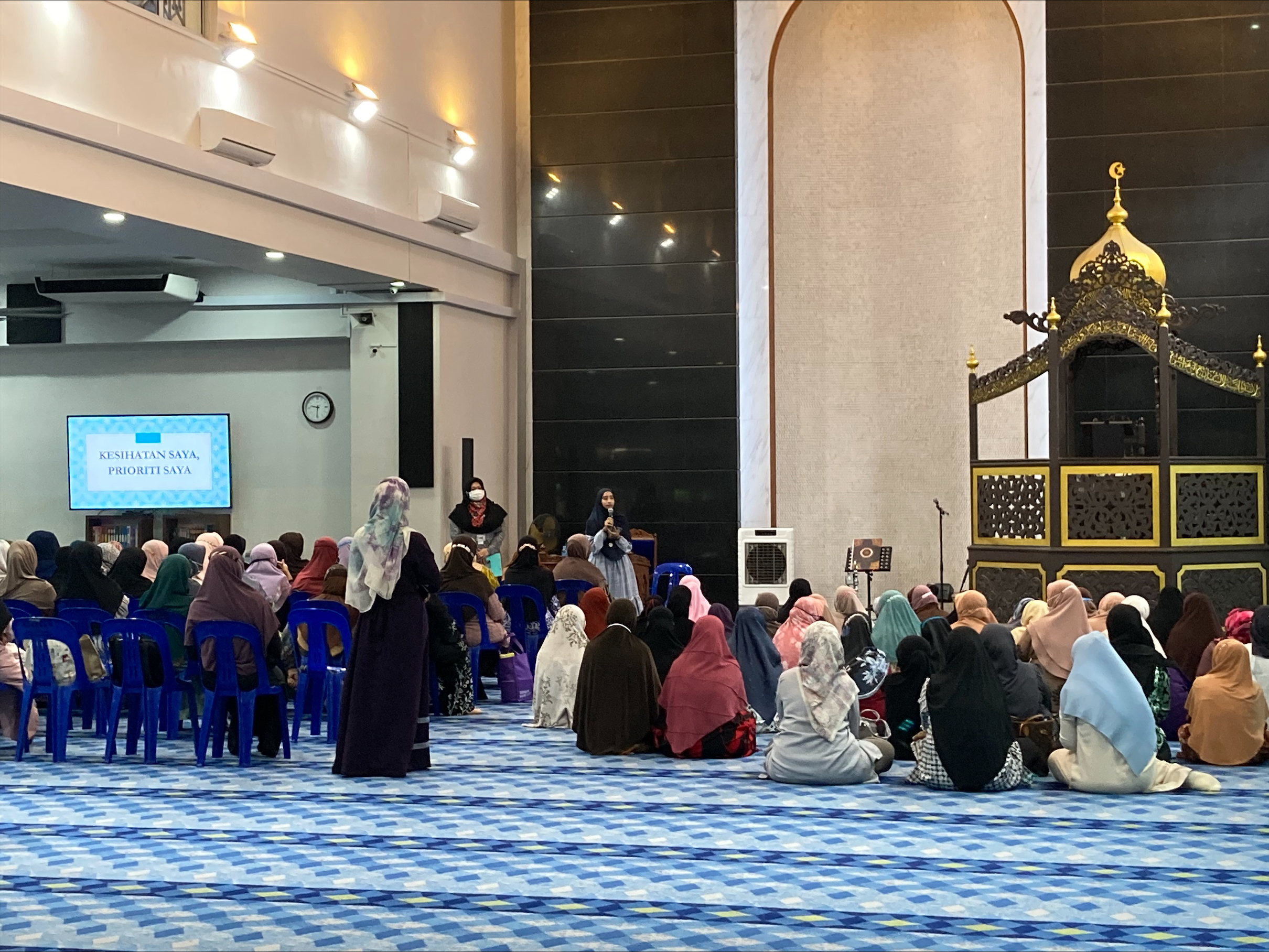
Carbon emissions from energy account for over two-thirds of all global emissions and offer an avenue for mitigating climate change via a transition to clean energy. Electrifying end-use sectors and shifting electricity production towards clean sources form the basis of the decarbonised energy transition.
Challenges associated with decarbonisation require an interdisciplinary approach that considers scientific and socio-environmental constraints and opportunities. This course will introduce students to the pillars, major challenges and benefits of transitioning to clean energy. Students will learn how the harnessing of clean energy technologies can be optimised to ensure rapid and fair transition to a low/zero-carbon future.

How can we best use our resources to help others? And how do we decide who (or what) we should devote resources to? How do we ensure that our efforts are effective in improving the wellbeing of others?
Economics and philosophical approaches converge as we discuss these questions. The former allows us to construct empirically meaningful measures of wellbeing and evaluate amongst a wide array of possible policy or charitable options. The latter provides a methodology for answering non-empirical moral questions, such as our obligations towards the global poor, non-human animals and future populations.
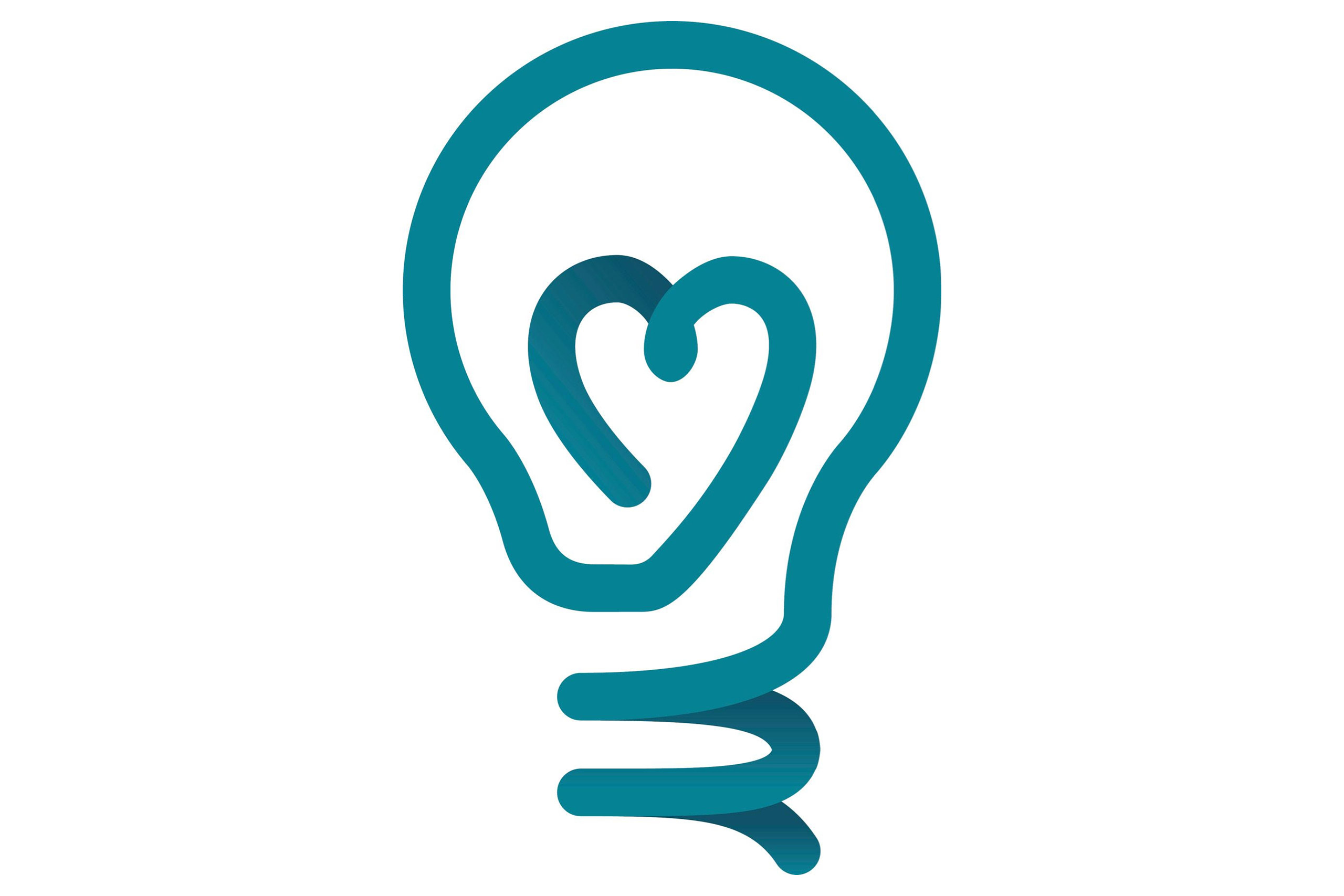
This course springboards from several landmark United States (US) Supreme Court cases to larger issues beyond the bounds of the law, beyond the borders of the US.
We introduce basic elements of US constitutional law and history. But, more so, the focus will be on dilemmas on how to think about rationality and economics, the nature of personhood, ethics and politics.
When a legal dispute arises, we ask: what do law and precedent say? But we also do well to frame the case more widely and deeply: legalities aside, what are we really disagreeing about if we disagree about these cases?
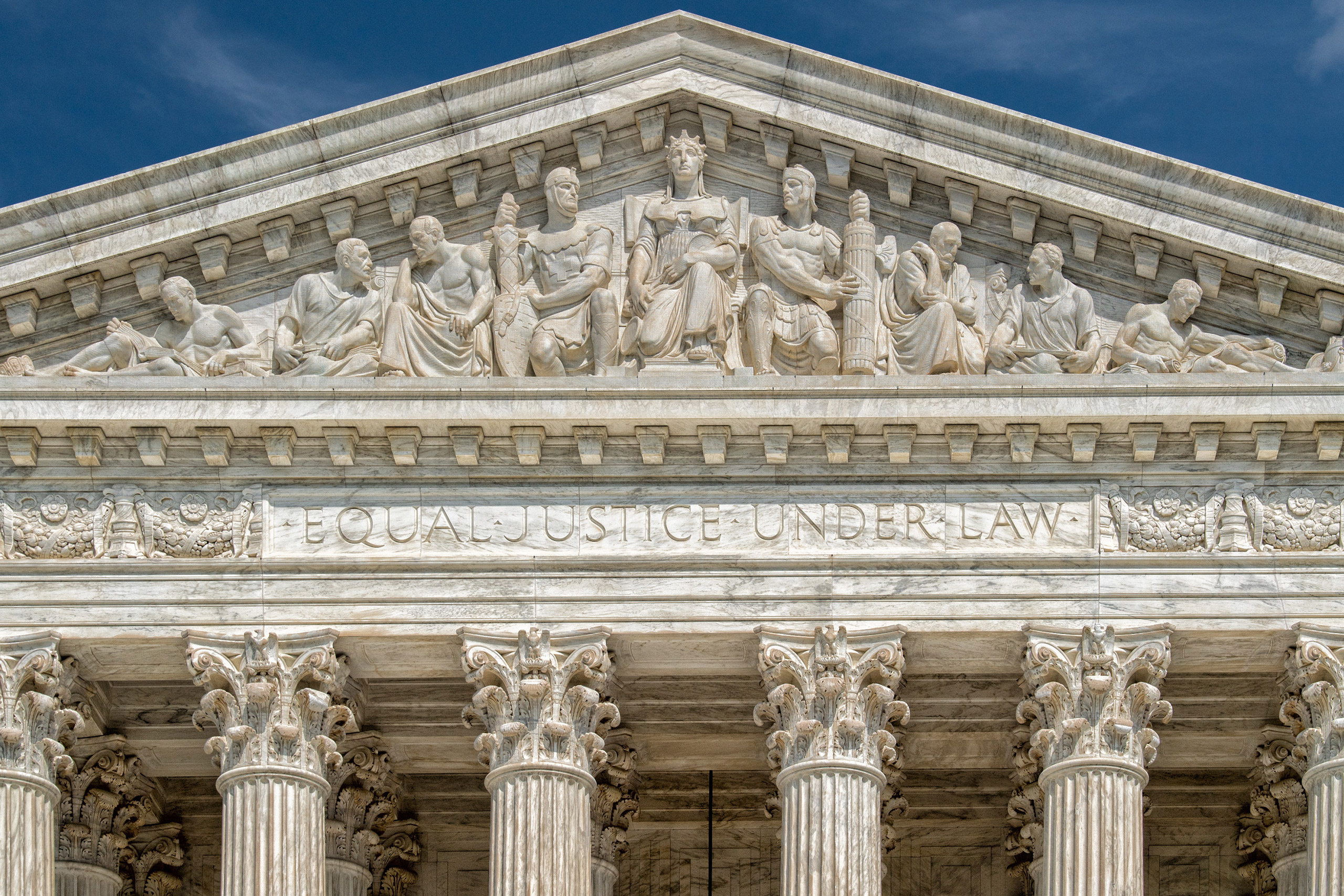
Non-human animals have been essential actors in human society from its beginnings. Their existence has often been taken for granted, however, both in daily life and scholarship.
This course will foreground the human/non-human animal relationship, taking methodologies from history, zoology, bioethics and allied fields. It will be organised around such themes as the domestication, breeding, eating, worshipping, ownership and conservation of animals, and modern conceptions like biodiversity, zoonoses and speciesism. Students will not only be exposed to the thriving interdisciplinary scholarship on the human/animal relationship but also be invited to reflect on the role of animals in their own lives.

Wellbeing and resilience are the buzzwords for thriving when faced with adversity and stress. They are important for not just an individual’s health and satisfaction, but also their performance, as well as the cost to organisations and even nations.
This course integrates neuroscience, cognitive psychology, societal, public health and clinical perspectives to explore the fundamentals of mental wellbeing and resilience, how they can be effectively measured, whether one can rewire oneself to be more resilient, and the various strategies and interventions to better mental wellbeing. Students will engage in experiential learning and impact measurements to develop their own choice of good practices.
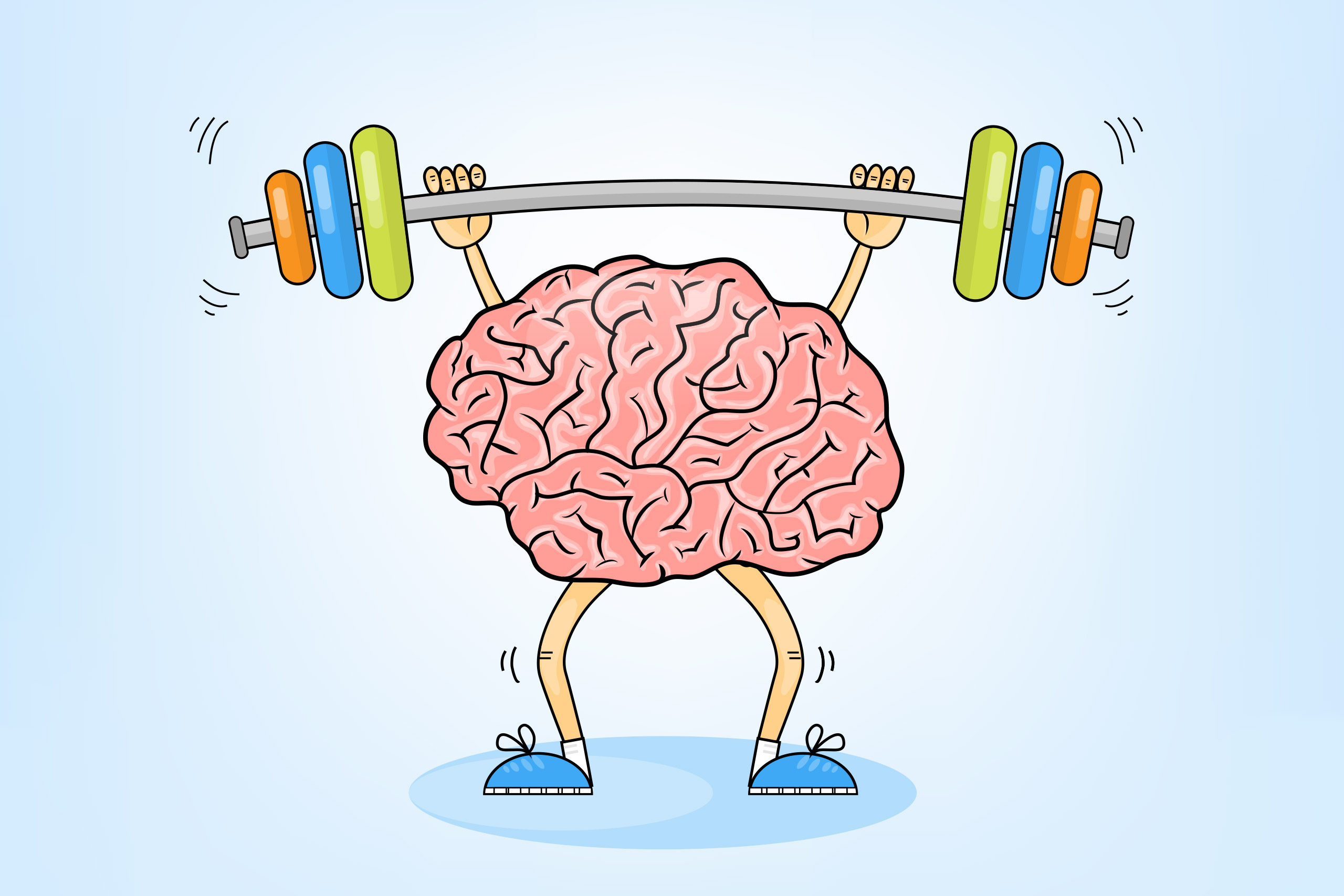
The rapidly worsening problem of environmental pollution has created growing alarm worldwide. Air, water, land and plastic pollution transcend borders, threatening ecosystems and human health. While global warming has grabbed headlines in recent years, greenhouse gas emissions constitute only about one-fifth of all chemicals released into the environment.
This course integrates multiple perspectives on pollution, including conceptual discussions of the physics of how pollutants are generated and the technology used for mitigation, the chemistry of pollutant transport and ecological damage, the biology of transmission pathways into the human body, and the psychology behind social media trends and resource over-consumption.

Curing incurable diseases. Eradicating world hunger. Fighting climate change. Redefining humanity.
CRISPR (short for “Clustered Regularly Interspaced Short Palindromic Repeats”) is a gene-editing tool that has revolutionised our ability to manipulate the genes of any living organisms with precision and ease, arguably making all the above plausible. With far-reaching applications from human health to the environment, it has also opened a Pandora’s box of ethical dilemmas, from science-fiction-like scenarios (designer babies and customised bioweapons) to concerns about equitable access.
As we navigate coexistence with CRISPR, we will examine the ethical and regulatory conundrums that affect its development and widespread adoption.
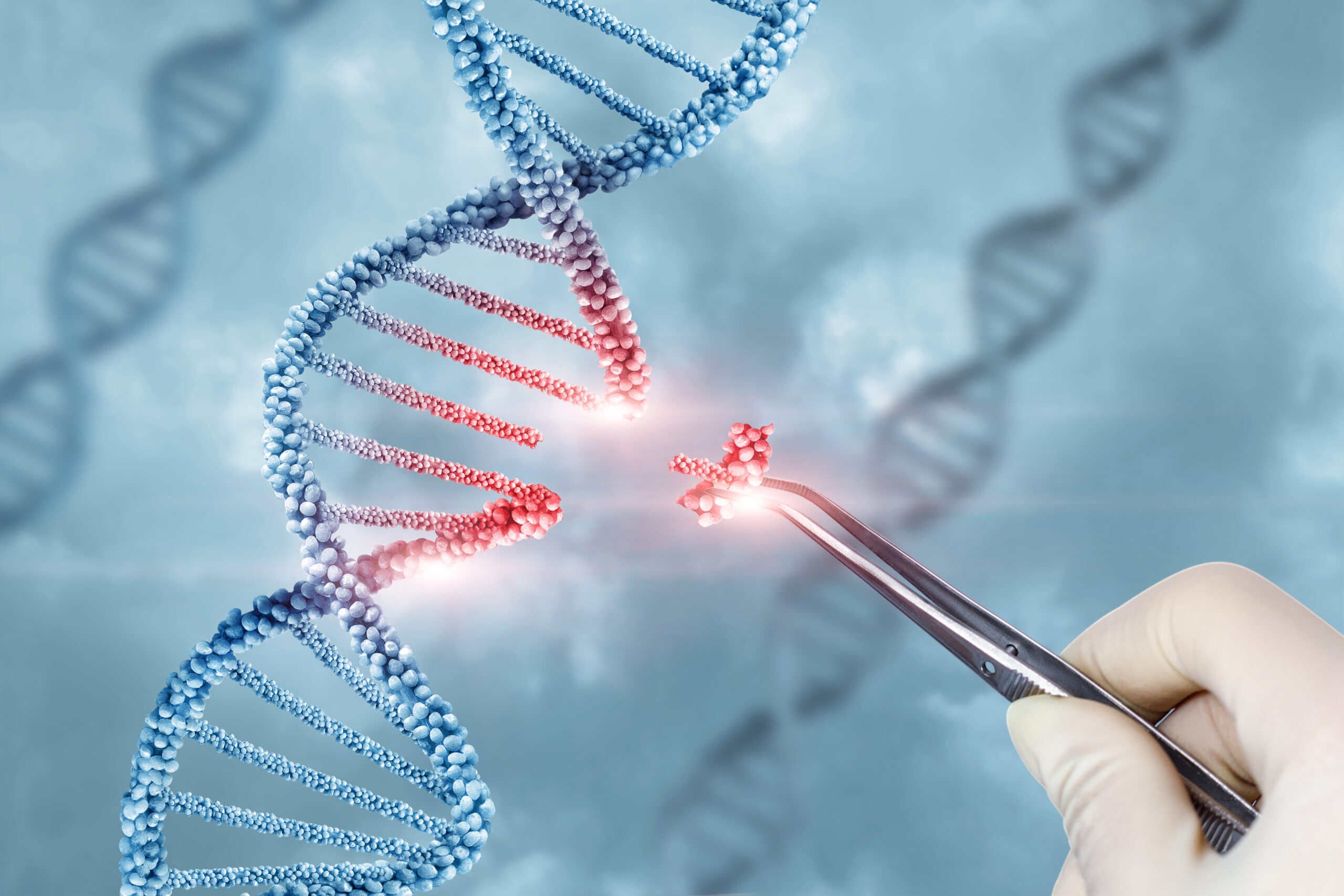
'Disagreement’ is an inevitable part of interpersonal and intrapersonal relationships. But what does properly structured disagreement look like? And how should we respond to disagreements in everyday life? How can we develop better understanding of, and interact more productively with, loved ones, friends, peers and institutions who hold views that differ from us?
This course examines the social-scientific literature on the origins and implications of disagreement, including the idea that disagreement can be productive. We apply these insights to examining ethical issues in Singapore. Along the way, we also develop a set of tools to help engage in productive disagreement.
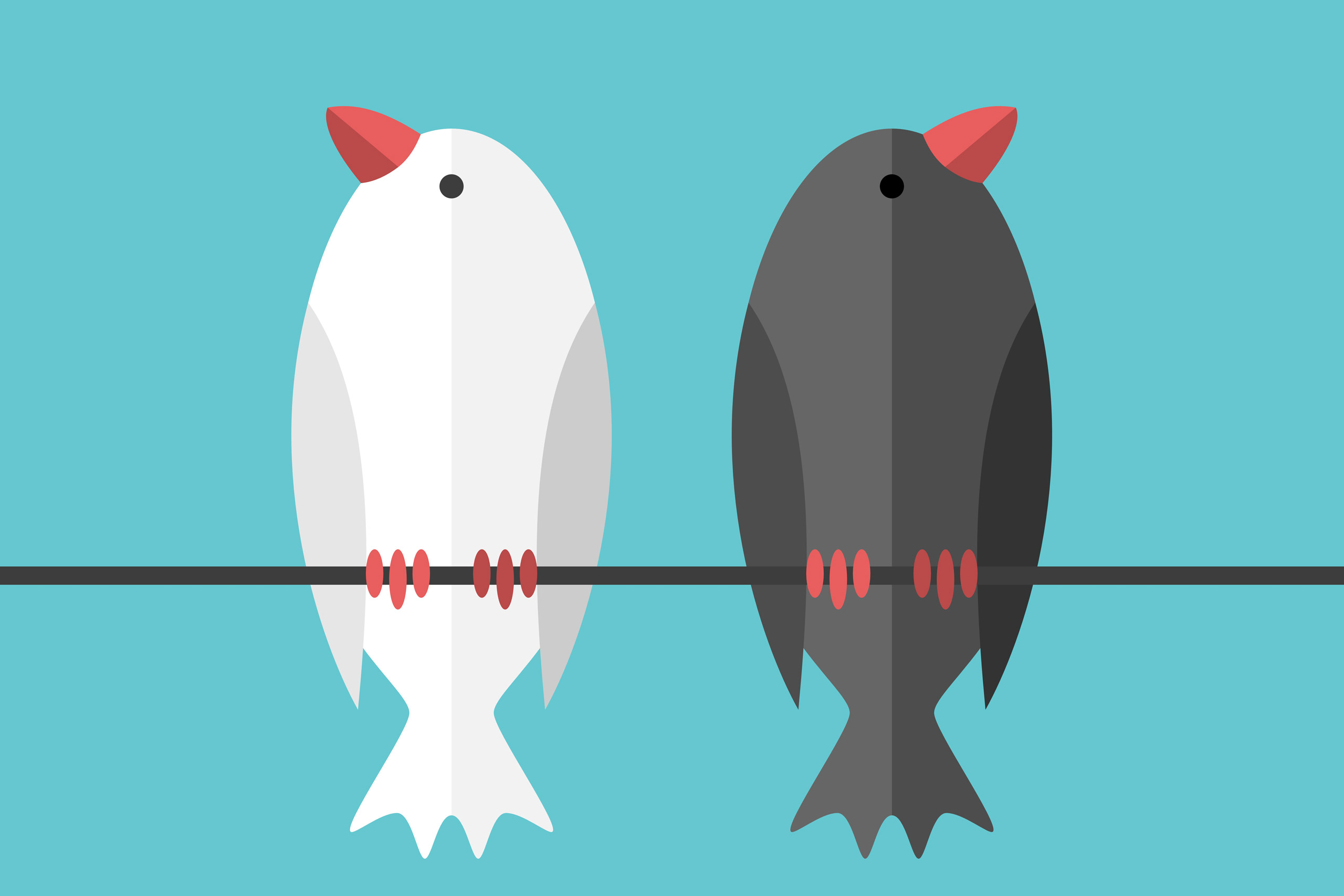
How do we measure infinity? Can the infinite grow, or diminish? Can infinitely many objects be in finite space, or infinitely many events in finite time? How do we decide between infinitely desirable options? Infinity challenges us to think in unfamiliar ways and realise that much of what we assume to be generally true is in fact peculiar to the finite.
This course integrates mathematical and philosophical perspectives to investigate paradoxes involving infinity like Zeno’s paradoxes, Skolem’s paradox, the St Petersburg paradox and the Banach-Tarski paradox. Philosophy encourages us to think critically; mathematics gives us the tools to be precise.

Within the context of environmental degradation and promoting sustainable lifestyles, this course will focus on four critical environmental issues: clean and adequate water for everyone; sustainable food production; healthy urban environments; and protecting endangered species. By synthesising perspectives from environmental sciences and social-cultural geography, students will learn to critically evaluate environmental initiatives and policies by comparing evidence-based arguments and opinion-based public discourses.
The course will expose students to the challenges of reversing damage to ecosystems by highlighting the difficulties of reconciling conflicting views and confronting the ambiguities and complexities surrounding real-world initiatives and the uncertain outcomes generated through them.
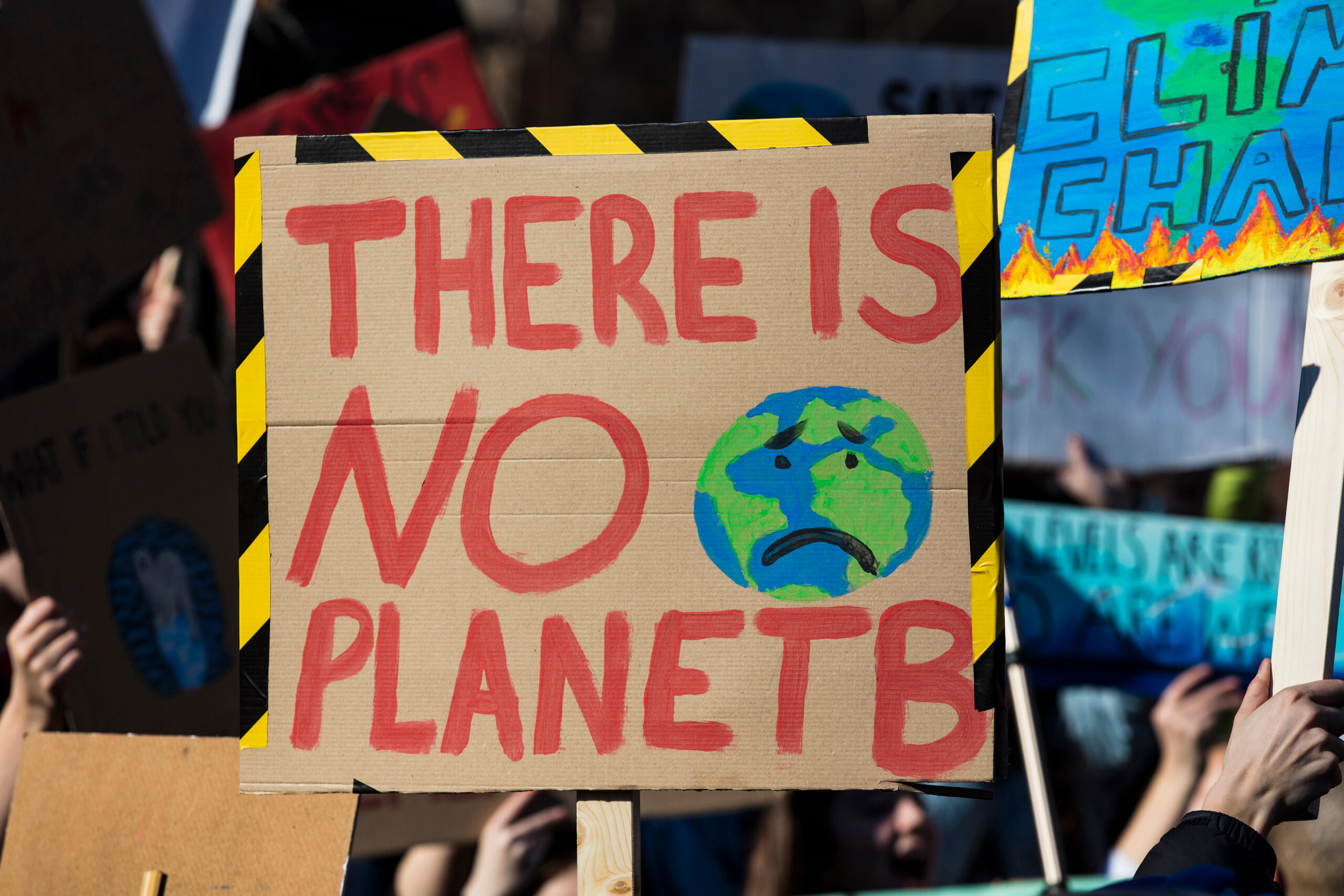
How does our individual perception impact our understanding of the world? What role does social influence play in the mediation process of communication?
This course delves into the fundamental of communication - how we explain and perceive ideas, concepts and things. We will explore the critical role of mediation through various media and digital technologies that shape the fabric of communication, while learning the intricacies of making our ideas accessible and understanding why agreement and consensus may not always follow.

How is a city “smart”, and what does it mean to live in one? Is “smart” the same as “intelligent”? What do these terms mean and how are they used in relation to cities, technologies and humans?
This course draws on psychology and performance studies to answer these questions. We explore human and artificial intelligence as comparative yet distinct cognitive mechanisms, and as constructs that acquire meaning and value through discourse, culture and the media. We study how our understanding of what it means to be “smart” and “intelligent” has developed and informs how we live in a smart city.

This course explores the ideas of prominent intellectuals and thinkers in the Malay World. It explicates in detail the responses of these intellectuals on major themes affecting global societies through the use of perspectives and approaches drawn from history and anthropology. Among the themes explored in the course are happiness, the environment, equality, freedom and rationality.
The course enables students to engage with theories and concepts from a variety of disciplines to gain a deep understanding of the functions of intellectuals in society and their responses to multifaceted problems affecting humankind.

Plants have long played an important role in shaping communities in maritime Southeast Asia. Conversely, humans have exploited and simplified the plant life of the region through commerce. How can we extract value from plants while living sustainably with them?
This course approaches this question by examining interactions with plants in the region across disciplines: history, anthropology, ethnobotany and ecology. Organised around the multiple sites of interactions - forests, rice fields, gardens, plantations - this course encourages students to learn from readings and practitioners about how our lives are inextricably bound with plants and the ways we can care for them.
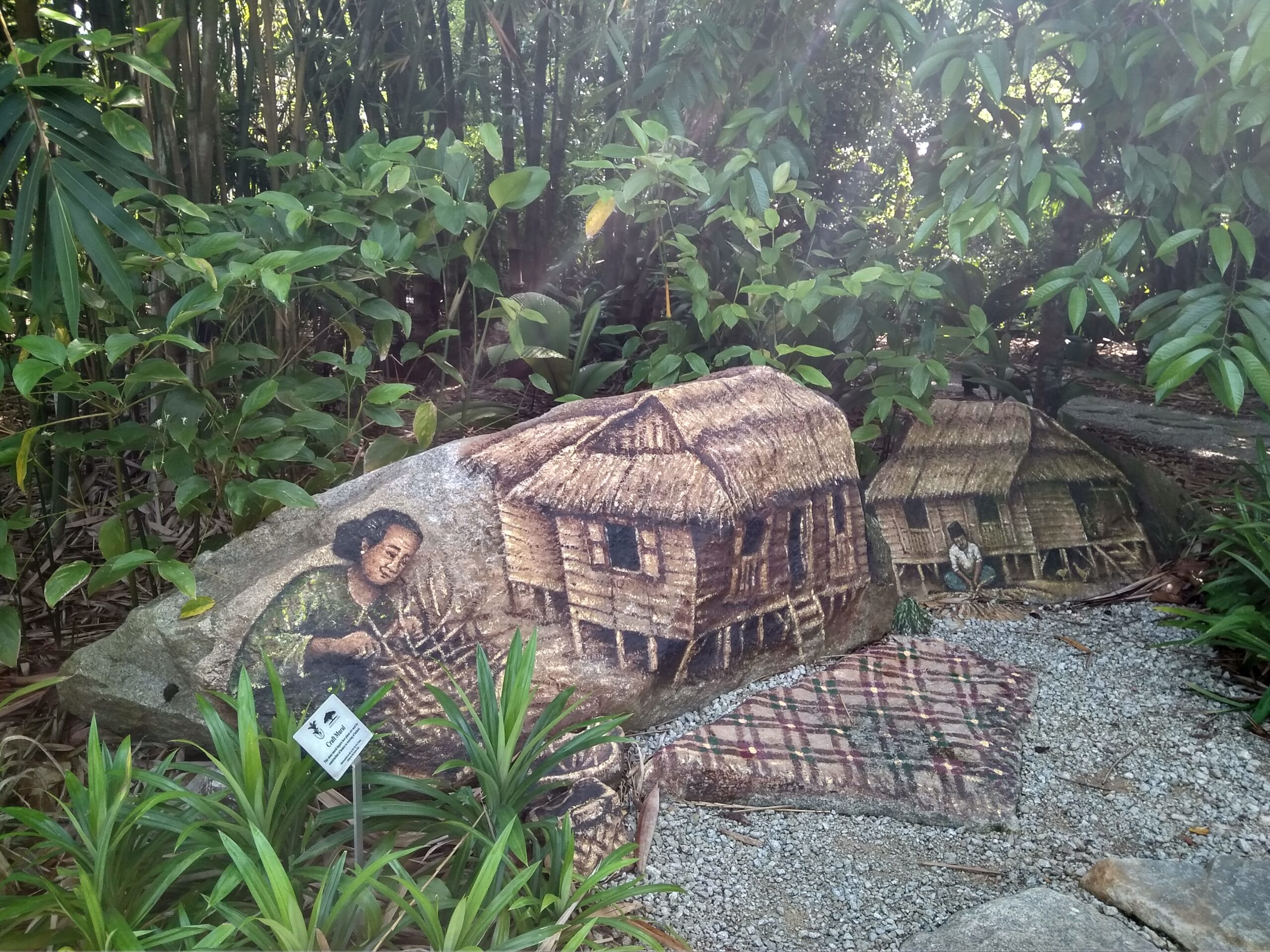
What if we say life on earth is deeply intertwined with this invisible thing we call air? This course takes ‘air’ as a central concept to understand various contemporary environmental issues. Spanning science and culture, it focuses on five aerial prompts: weather, climate, disaster, disease and turbulence.
By synthesising perspectives from earth system science and the social sciences, students will learn how physical processes in the atmosphere are inextricably linked to human imaginations and appropriations of the air. The course posits that air is both a scientific fact and a social construction that informs present-day, real-world problems and solutions.
![shutterstock_2205644793-[Converted] shutterstock_2205644793-[Converted]](http://chs.nus.edu.sg/wp-content/uploads/2025/07/shutterstock_2205644793-Converted.jpg)
In what ways is gender inequality still a major social issue across Asia in the second decade of the 21st century? If so, can it be resolved simply by women “leaning in” or embracing “girl power” as popular slogans suggest?
This course critically explores women’s roles and impacts in Asian societies from the late colonial period through national independence, decolonisation, the Cold War and into the 21st century. Combining historical and geographical approaches, we examine key themes including body politics, sexuality and reproductive rights, migration and mobility and the changing roles of gender within the family and society.
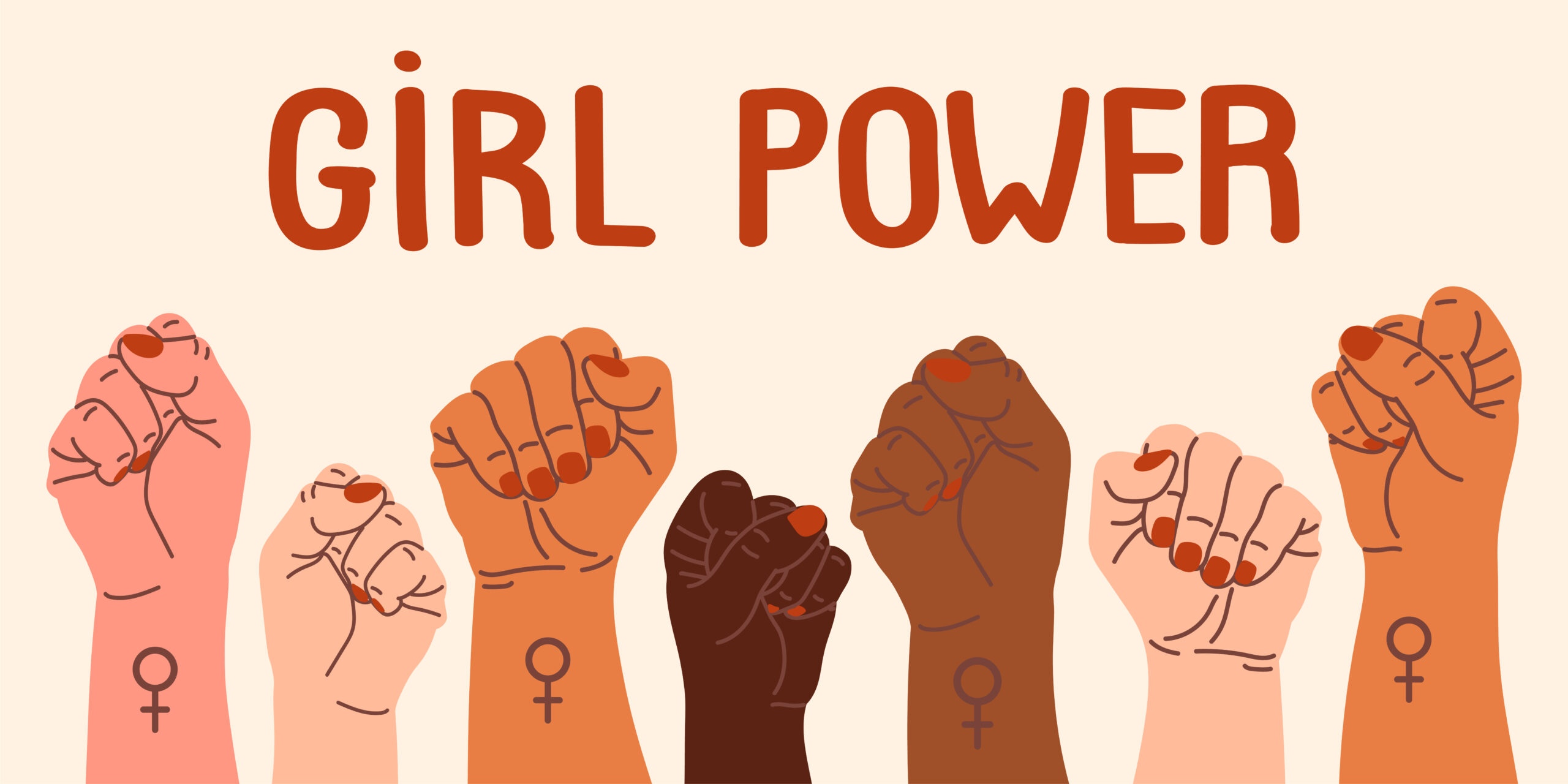
Analogies - cognitive devices that clarify complex or unfamiliar concepts by comparing them to more familiar ones - shape how individuals and institutions understand and decide on pressing issues. Focusing on historical analogies that explicitly draw on actual events, experiences or models from the past, this course - anchored in cognitive psychology, history, and political science - equips students to analyse, evaluate and apply analogical reasoning across a wide range of domains.
Through case studies, students integrate perspectives from these disciplines to recognise, critique and harness analogies and lessons from the past to make informed decisions in contemporary contexts.

Humans have always lived between light and dark, yet this fundamental rhythm shapes more than daily cycles. Darkness enables rest, intimacy and spiritual reflection while driving evolutionary adaptations and ecological relationships spanning millions of years.
This course explores how darkness operates simultaneously as environmental condition, cultural symbol and biological necessity. We combine historical investigation of sleep, fear and meaning-making with scientific analysis of vision, circadian biology and nocturnal ecosystems. We will explore cross-cultural attitudes, sleep patterns, light pollution and the impact of our technology. History reveals cultural meanings; biology provides mechanistic understanding. Together, they illuminate how darkness shapes life.

The Malay Archipelago is riches in forests, oceans and minerals. Yet its people often face environmental destruction and economic hardship. The course takes you on a journey from Sumatra’s deforested landscapes to Papua’s vanishing coral reefs, from Borneo’s massive mining operations to the South China Sea’s disputed waters, uncovering how natural wealth fuels both prosperity and crisis.
Through an interdisciplinary approach combining political economy, international relations, human rights and ecology, students explore how biodiversity, climate and marine systems intersect with policy, labour and community struggles. Real-world case studies show how linking science, governance and lived experience can foster equitable futures.
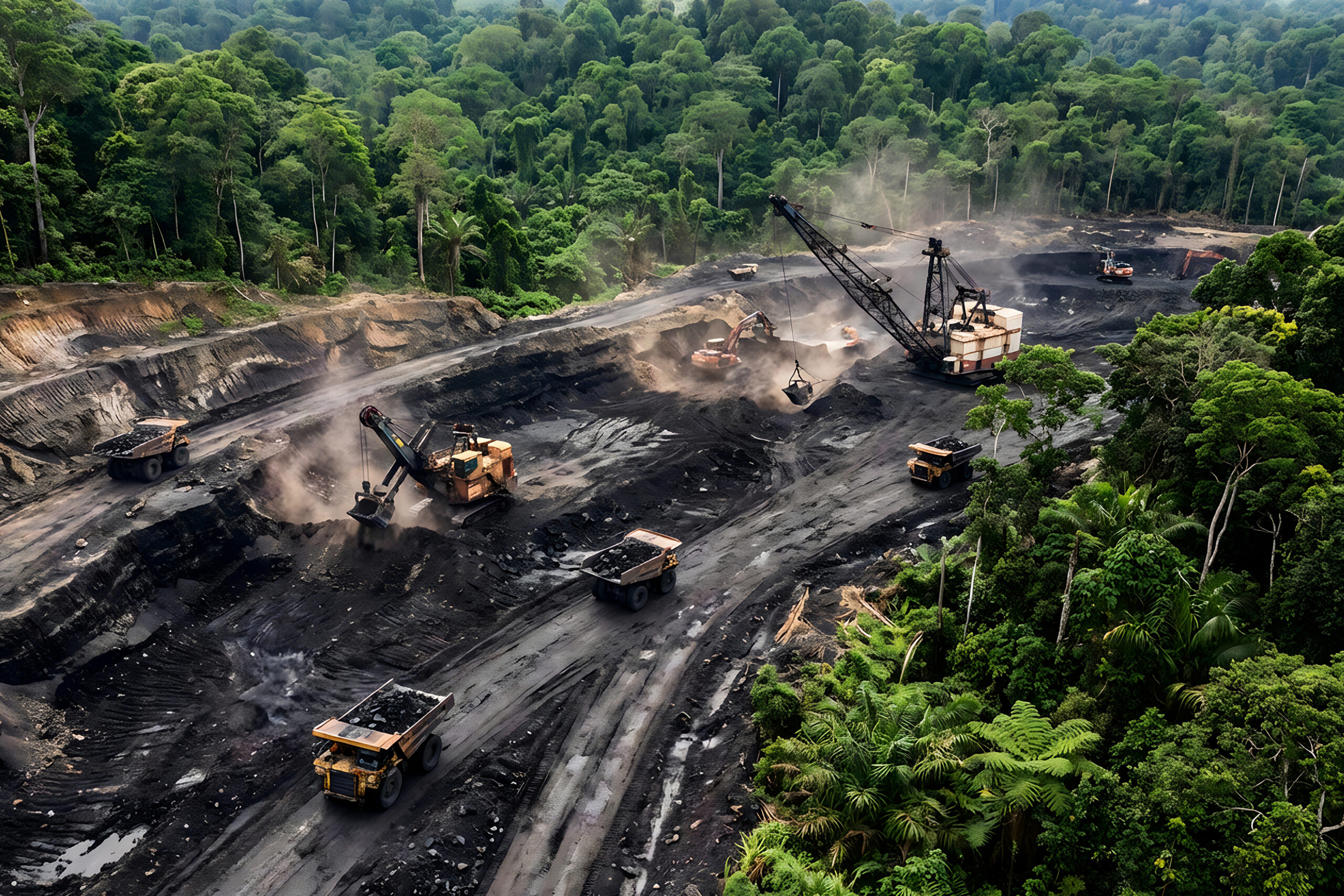
How do intelligent beings make sense of the world and communicate with others? We examine the foundations of meaning in thought and communication, exploring the interplay between rationality, language and creativity. Drawing on disciplinary methods from philosophy and computer science (with the aid of linguistics, economics and psychology), students will investigate questions like: What does it mean to think and act rationally? How can language express and shape our thoughts? How is rational communication possible? Can machines become capable of truly understanding and expressing meaning? If so, can rational animals and thinking machines come to understand each other?
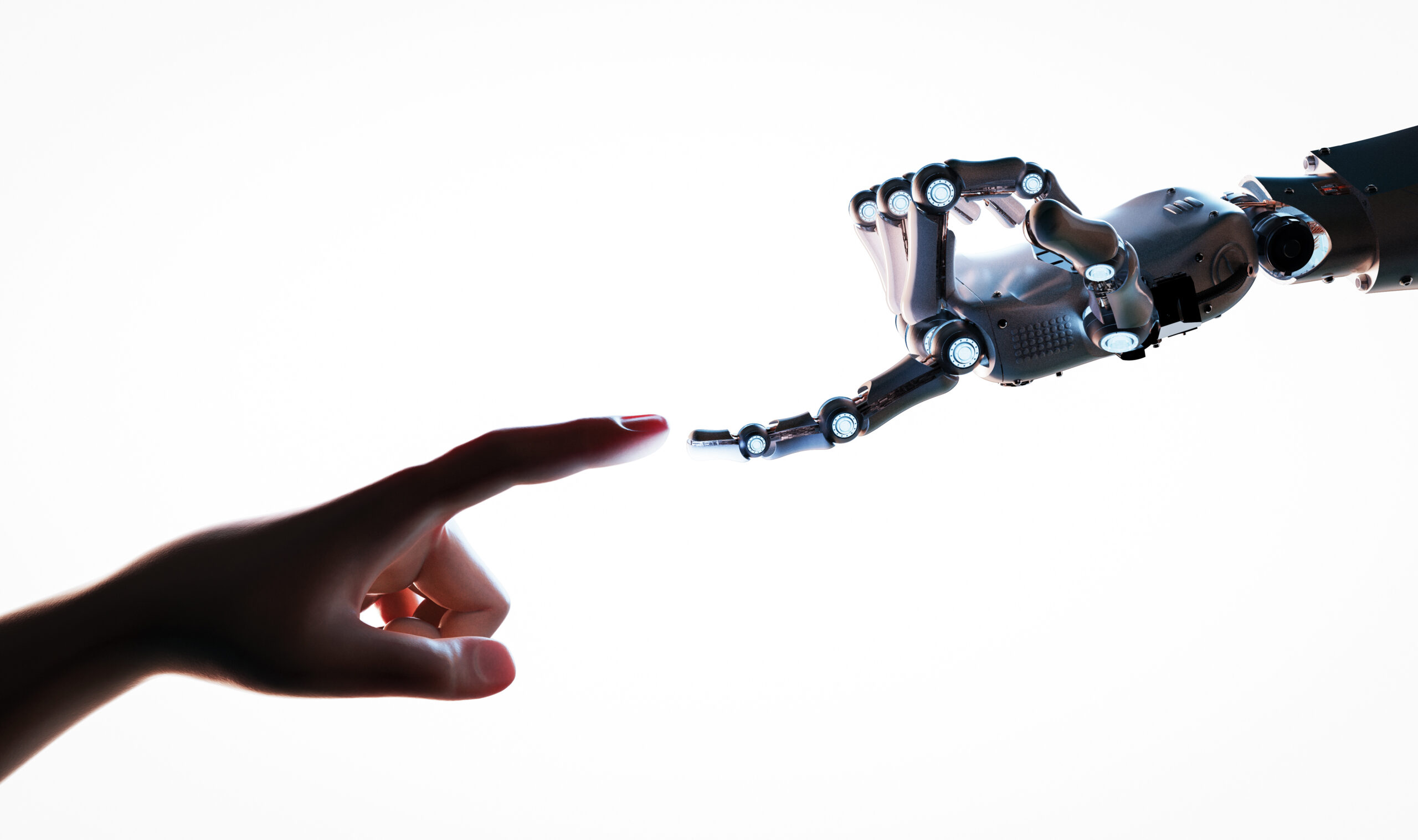
This course explores the historical roots, theoretical frameworks and practical applications of mindfulness. Drawing on Buddhist studies, psychology and neuroscience, we will examine how understanding of mindfulness has evolved and how it shapes approaches to mental health and wellbeing. Students will read seminal works on mindfulness and engage in mindful practices such as meditation and contemplative exercises.
Through readings, discussions and experiential learning, this course will provide students with an exploratory understanding of mindfulness by examining its historical and theoretical foundations alongside contemporary practices, engaging perspectives from the humanities, social sciences and cognitive sciences in both secular and religious contexts.





